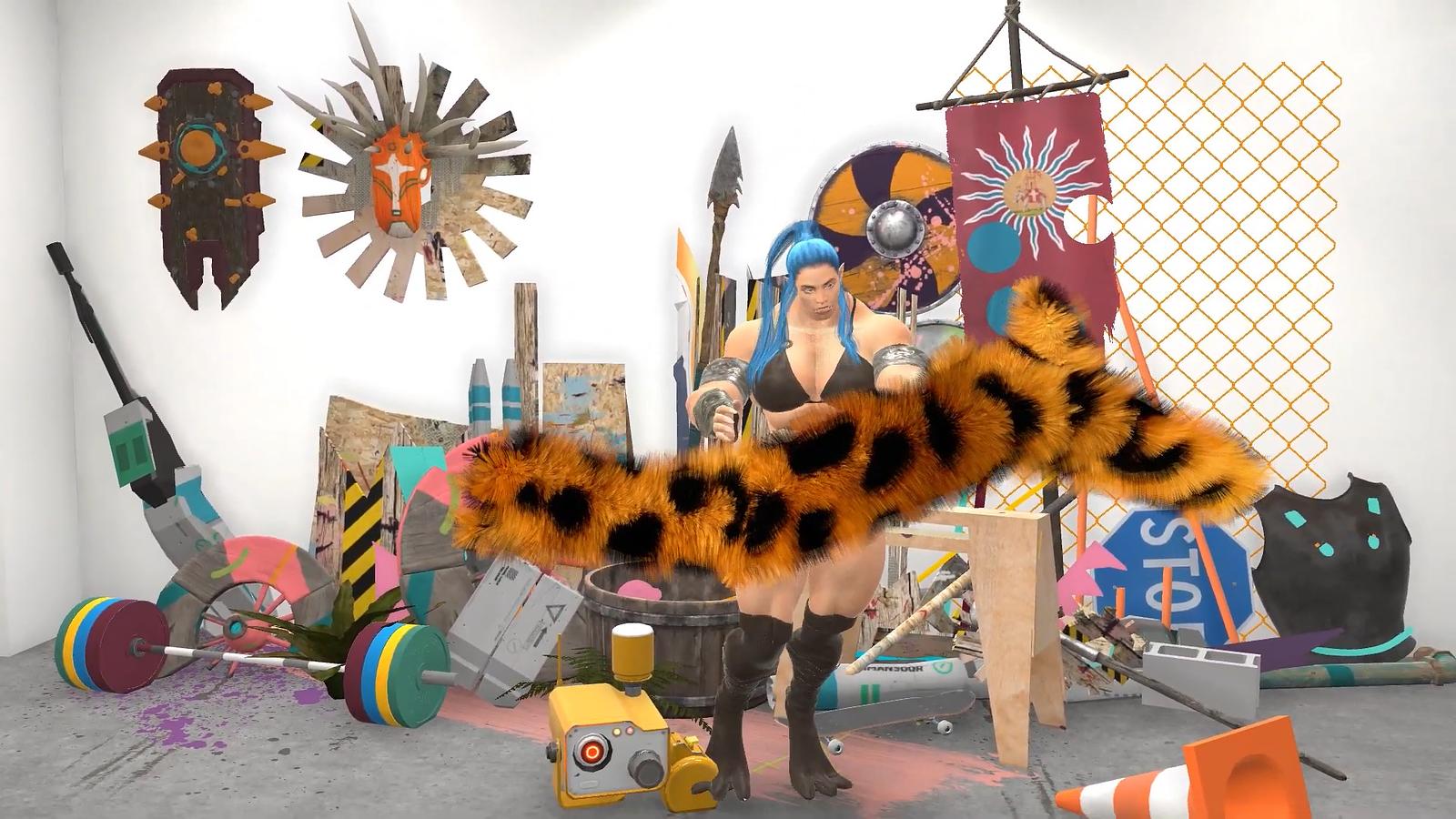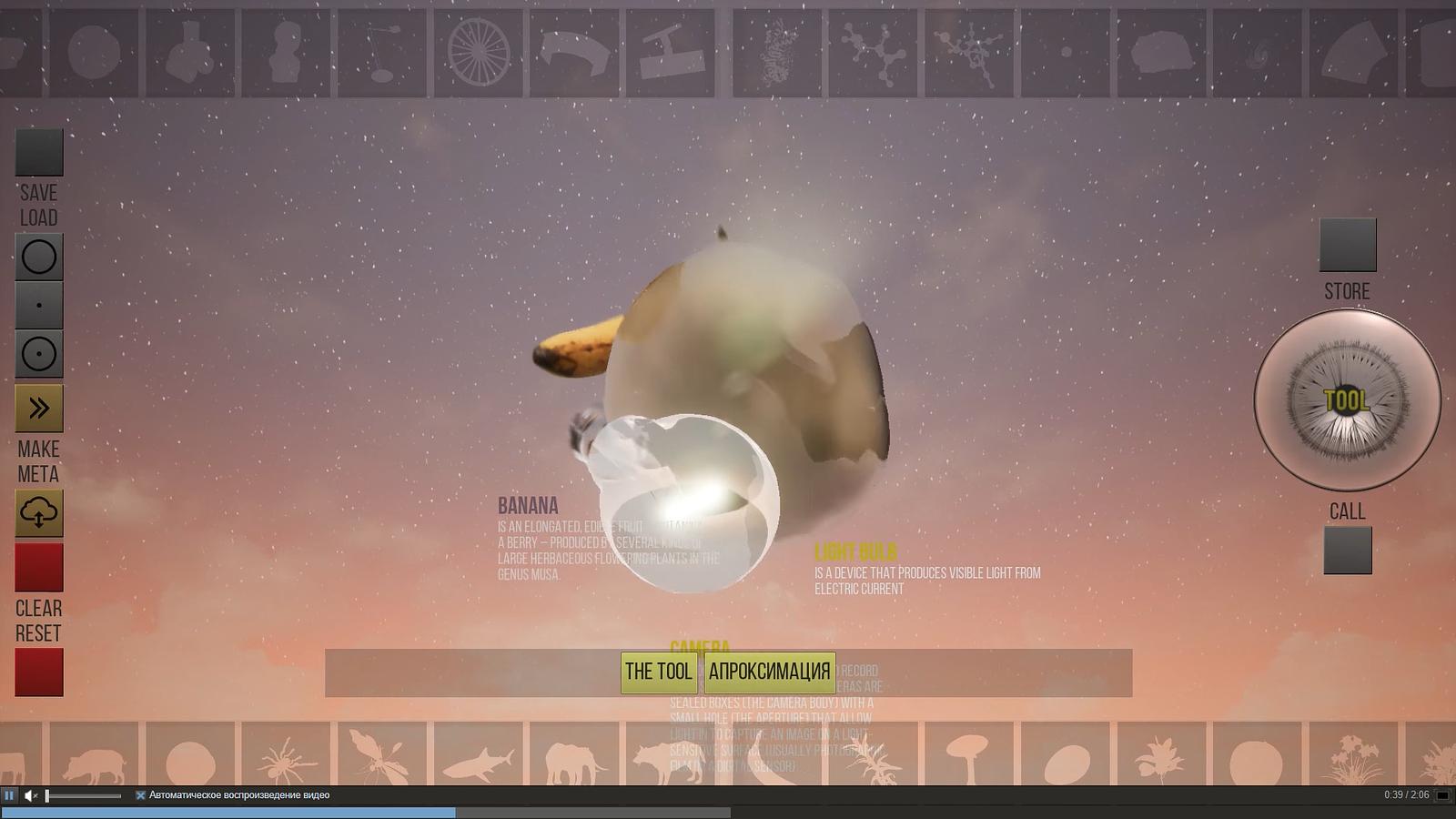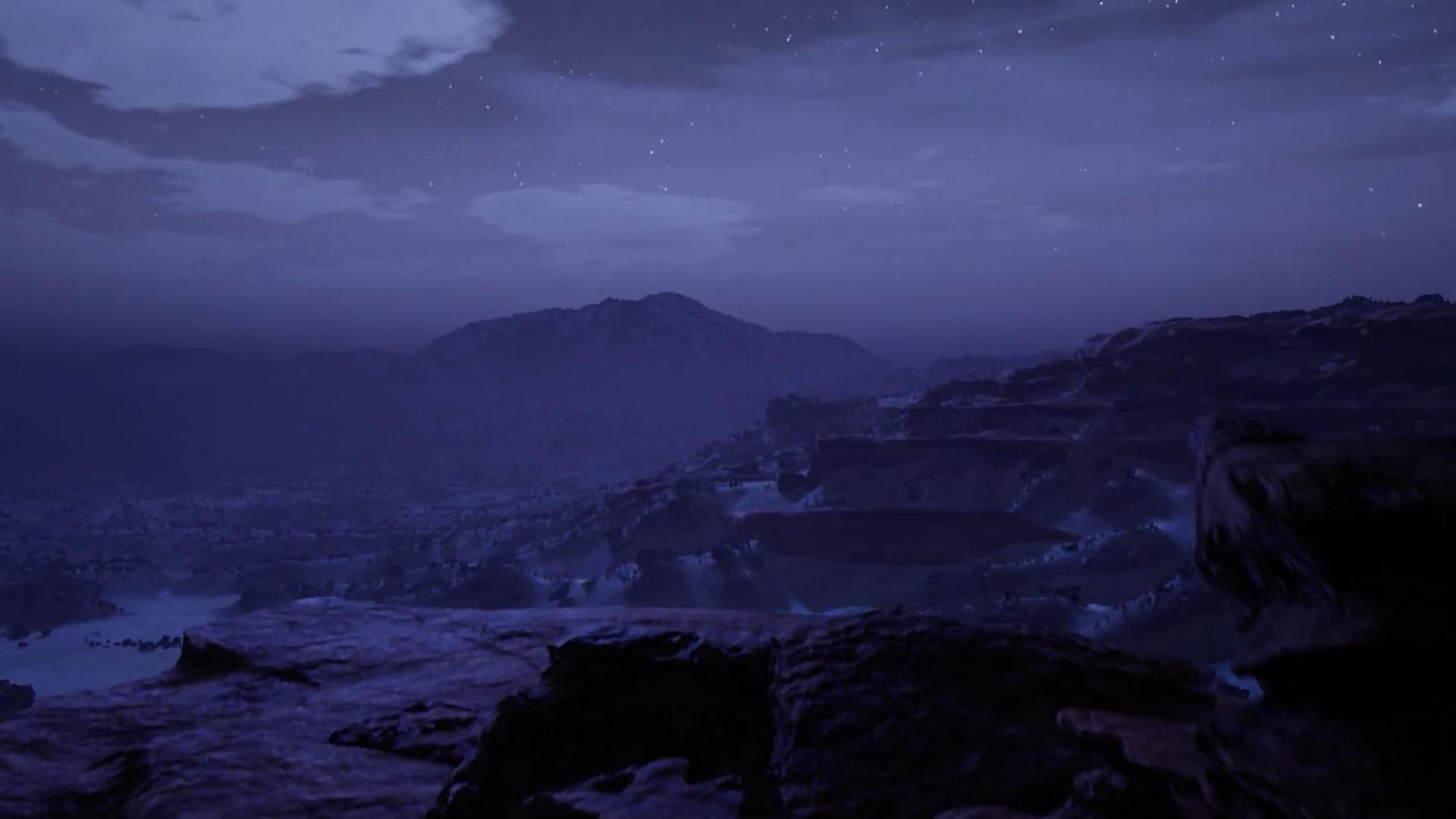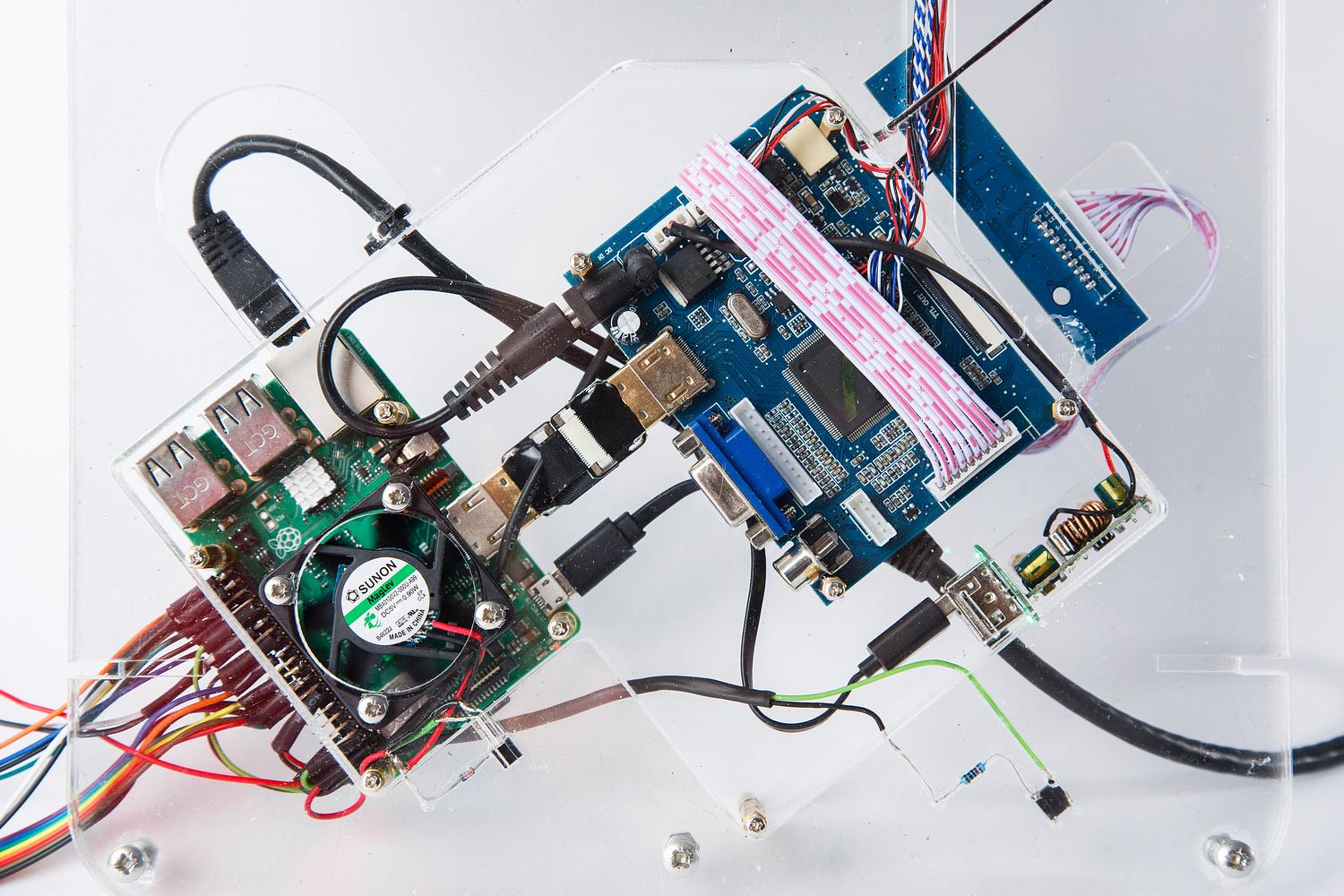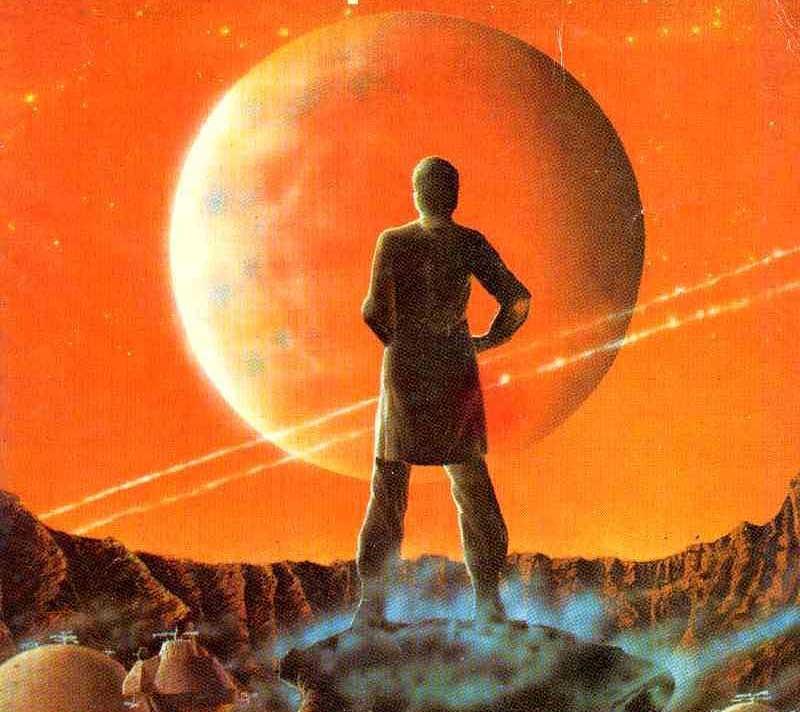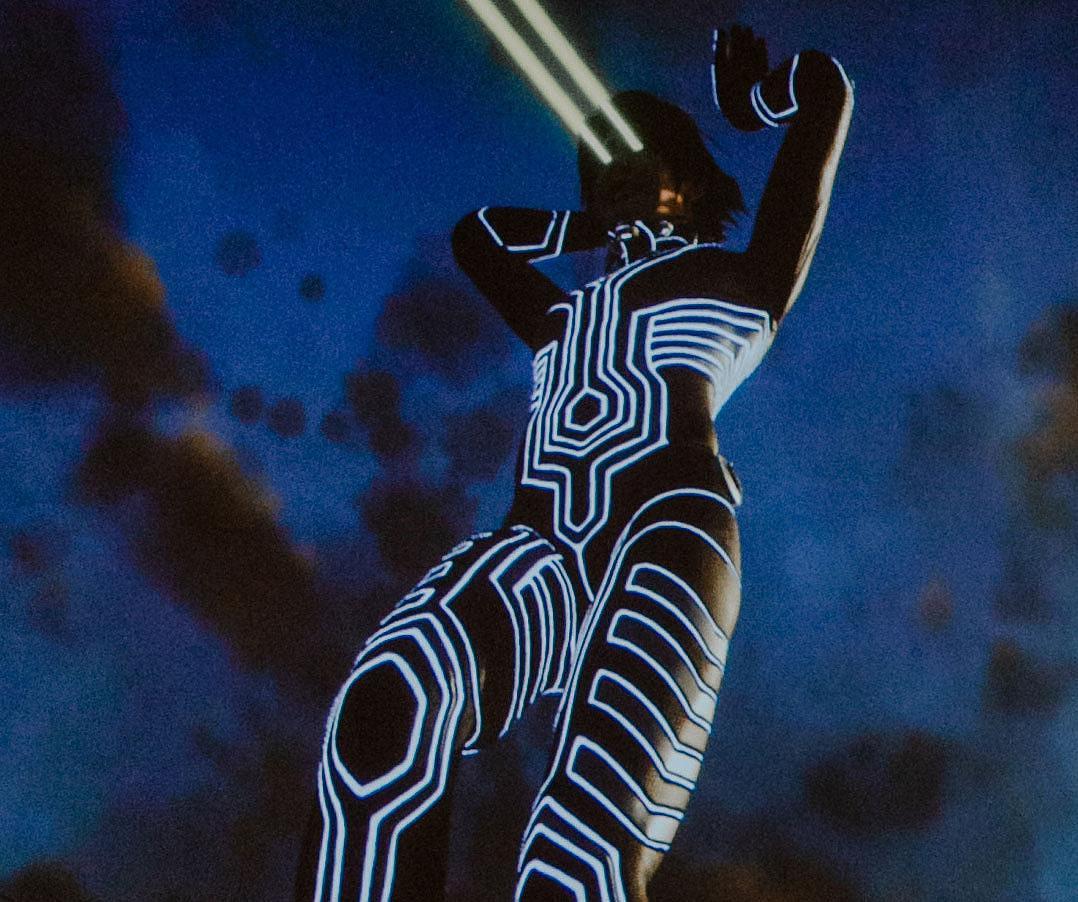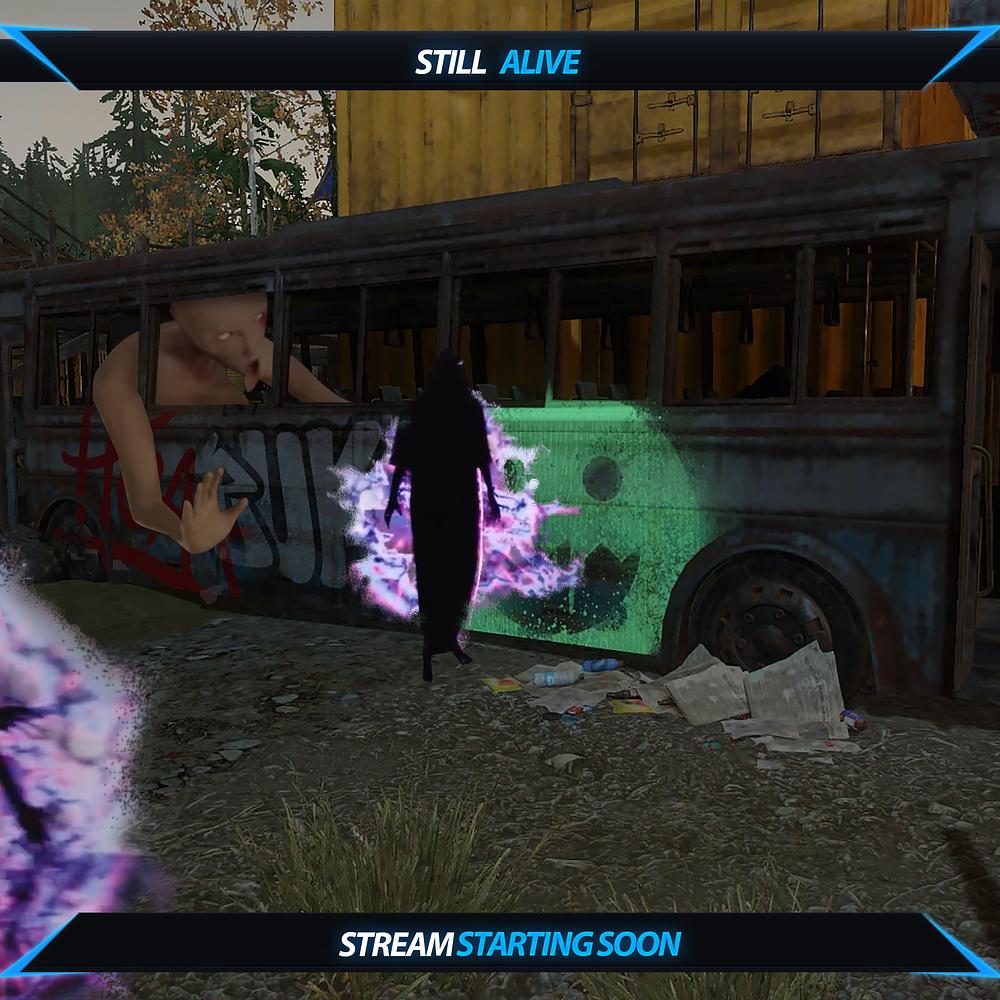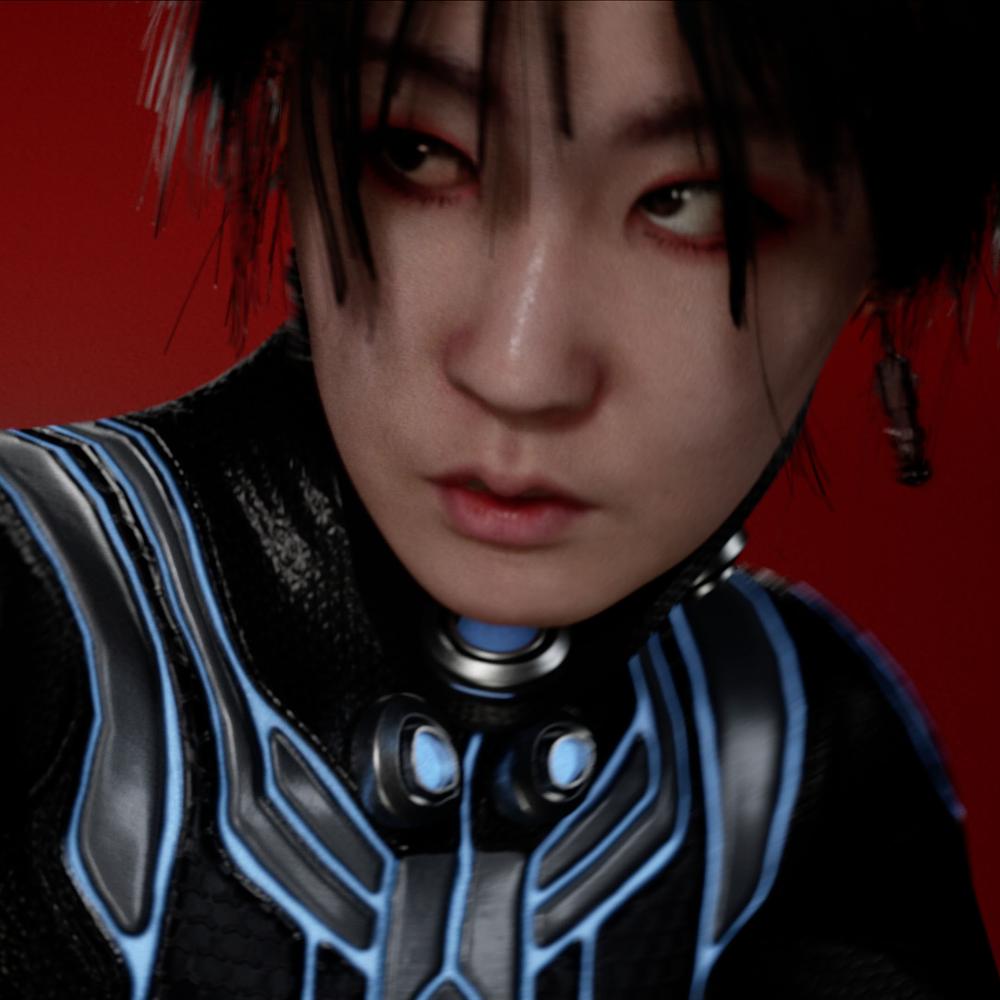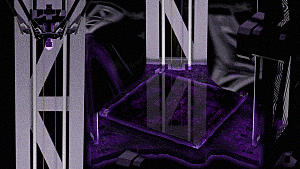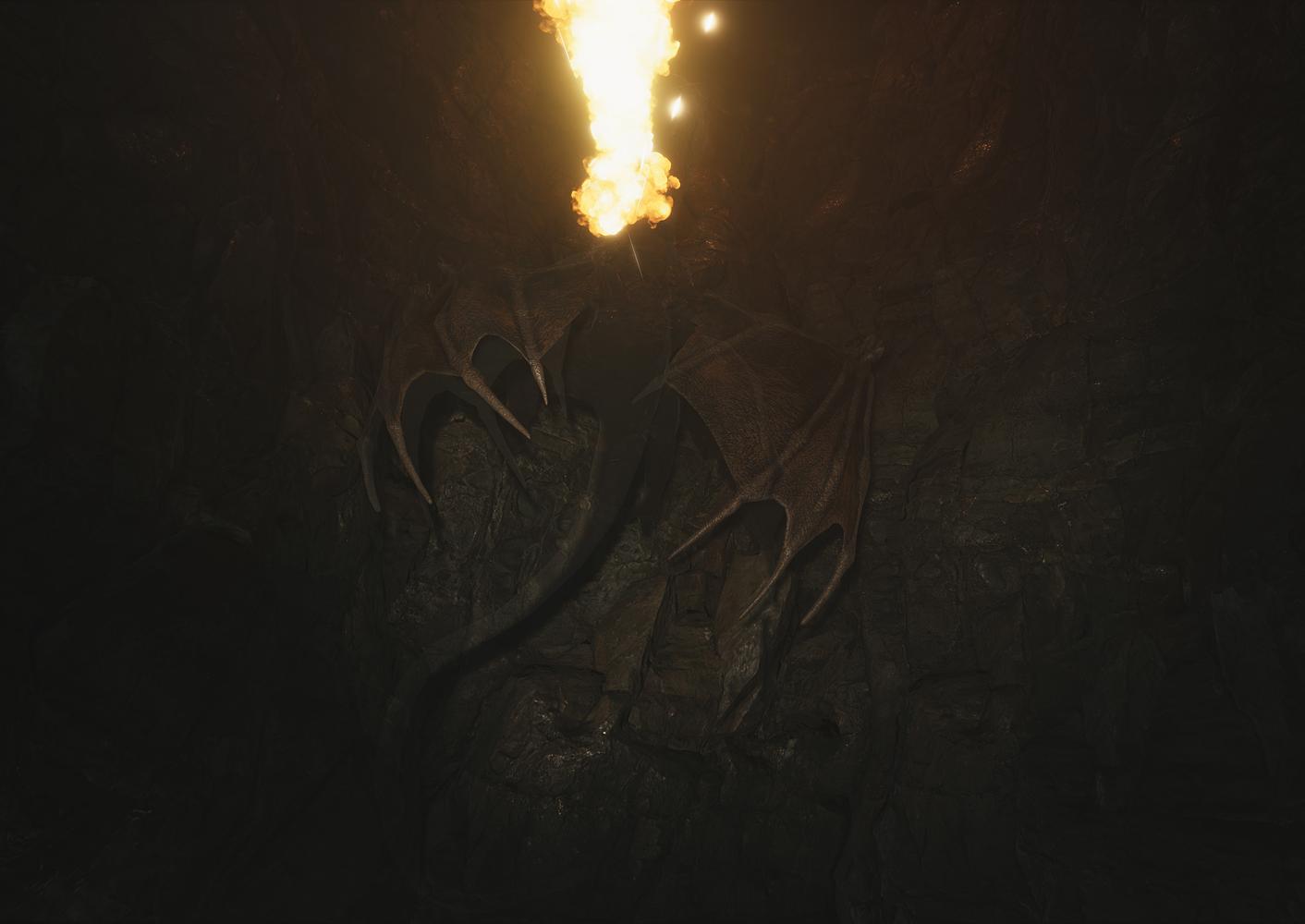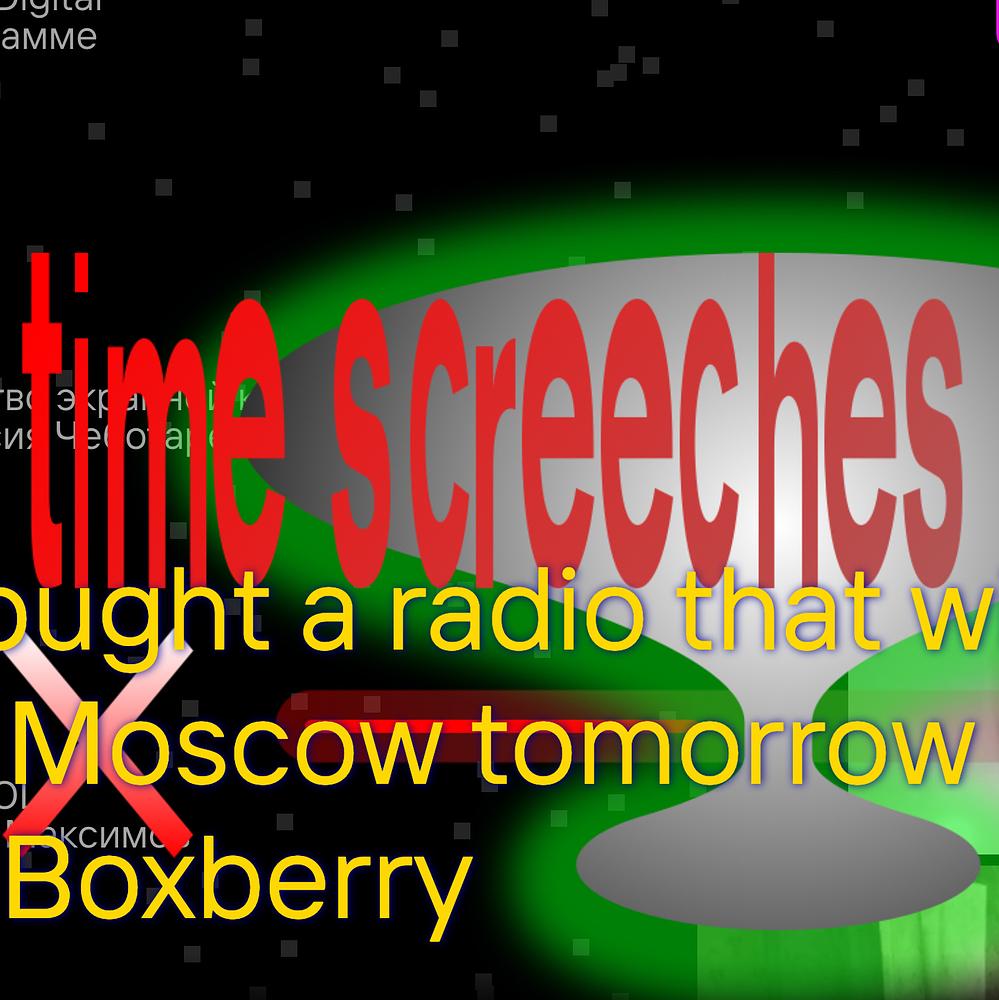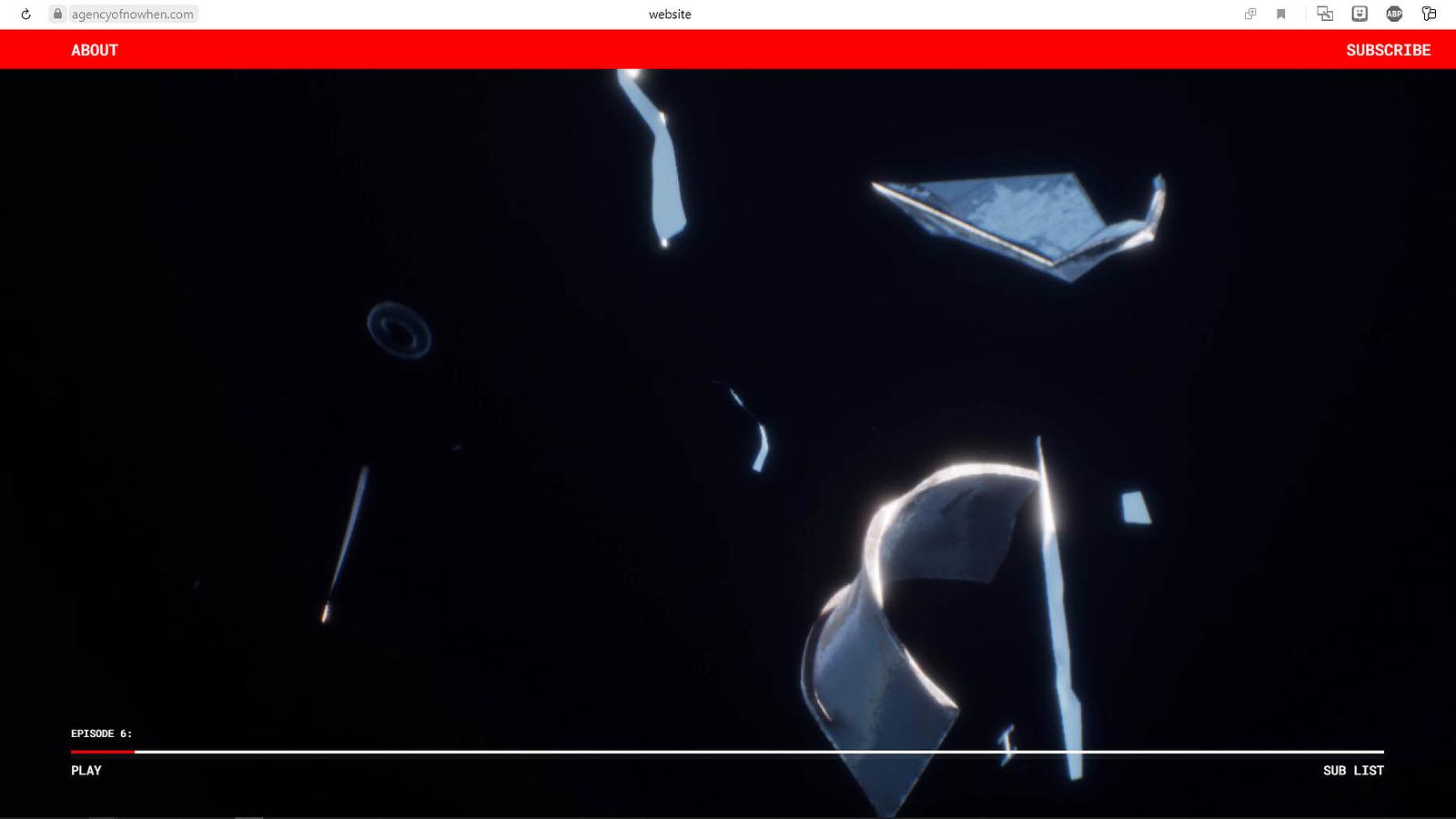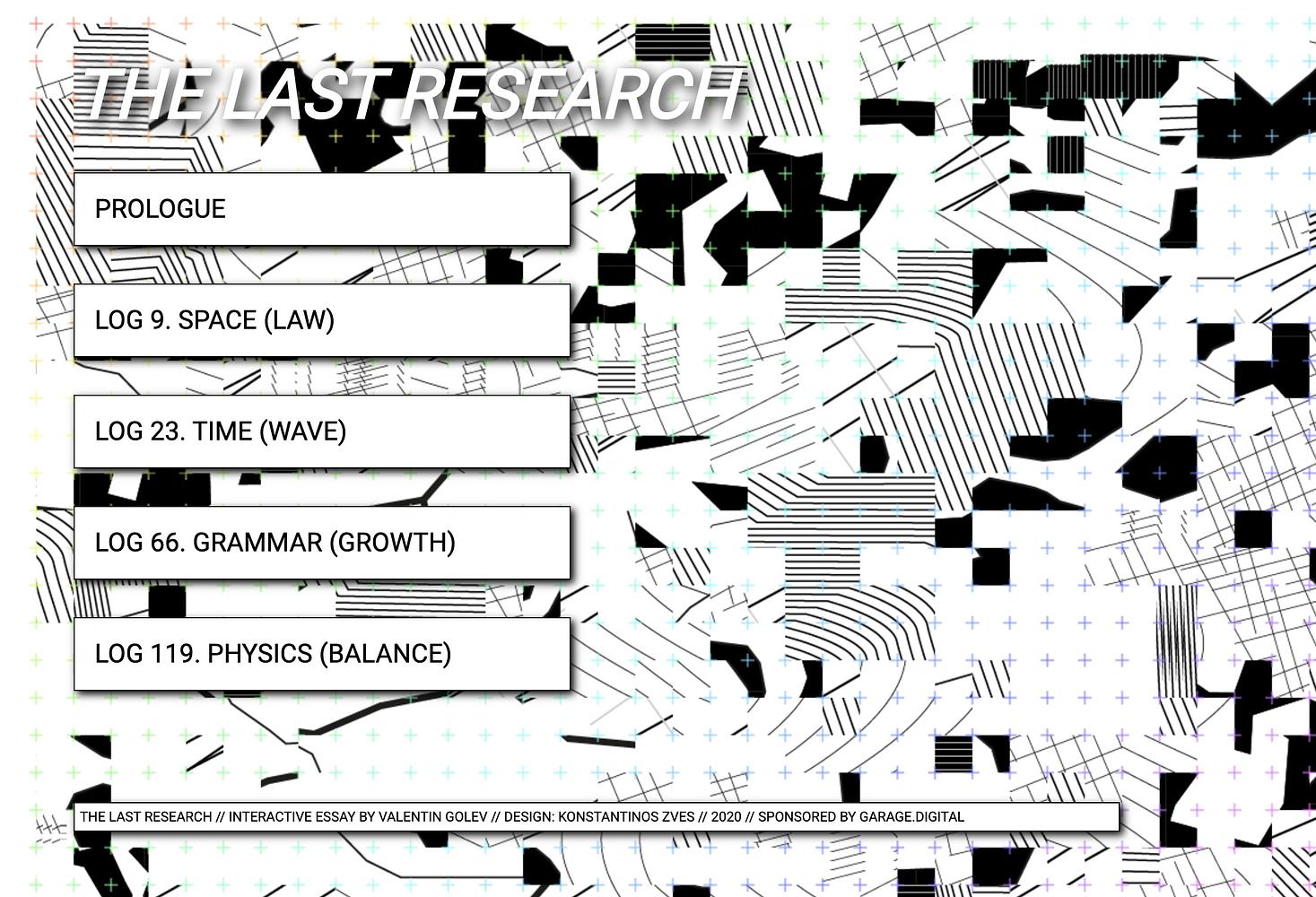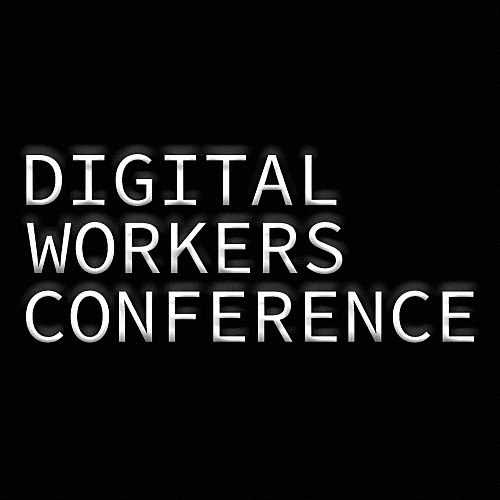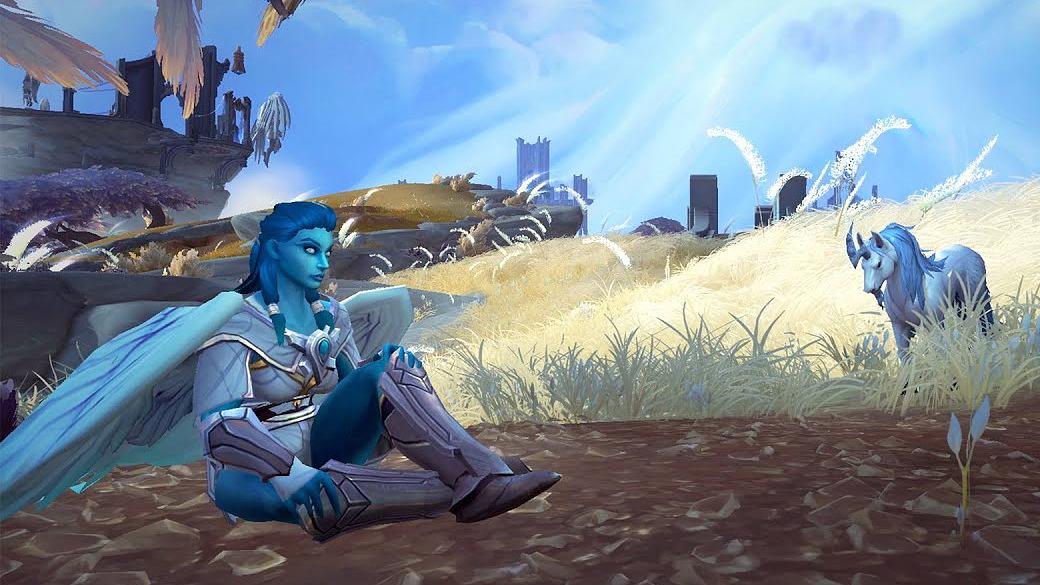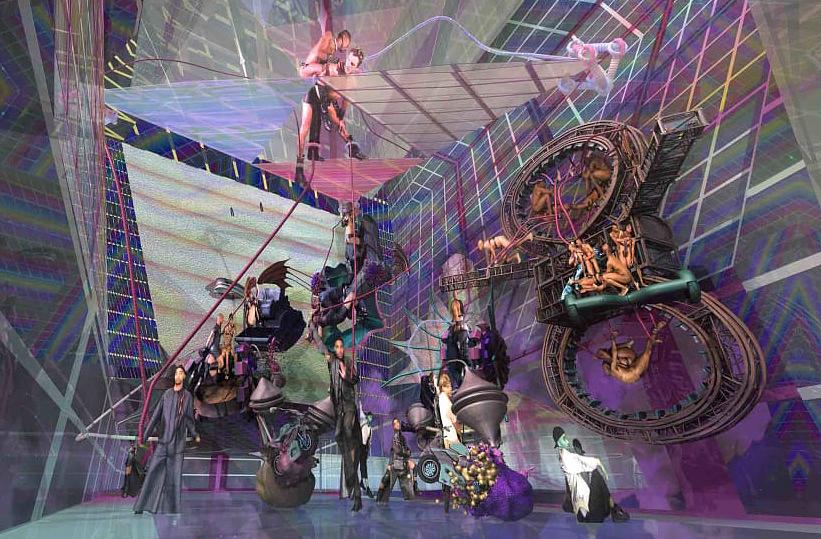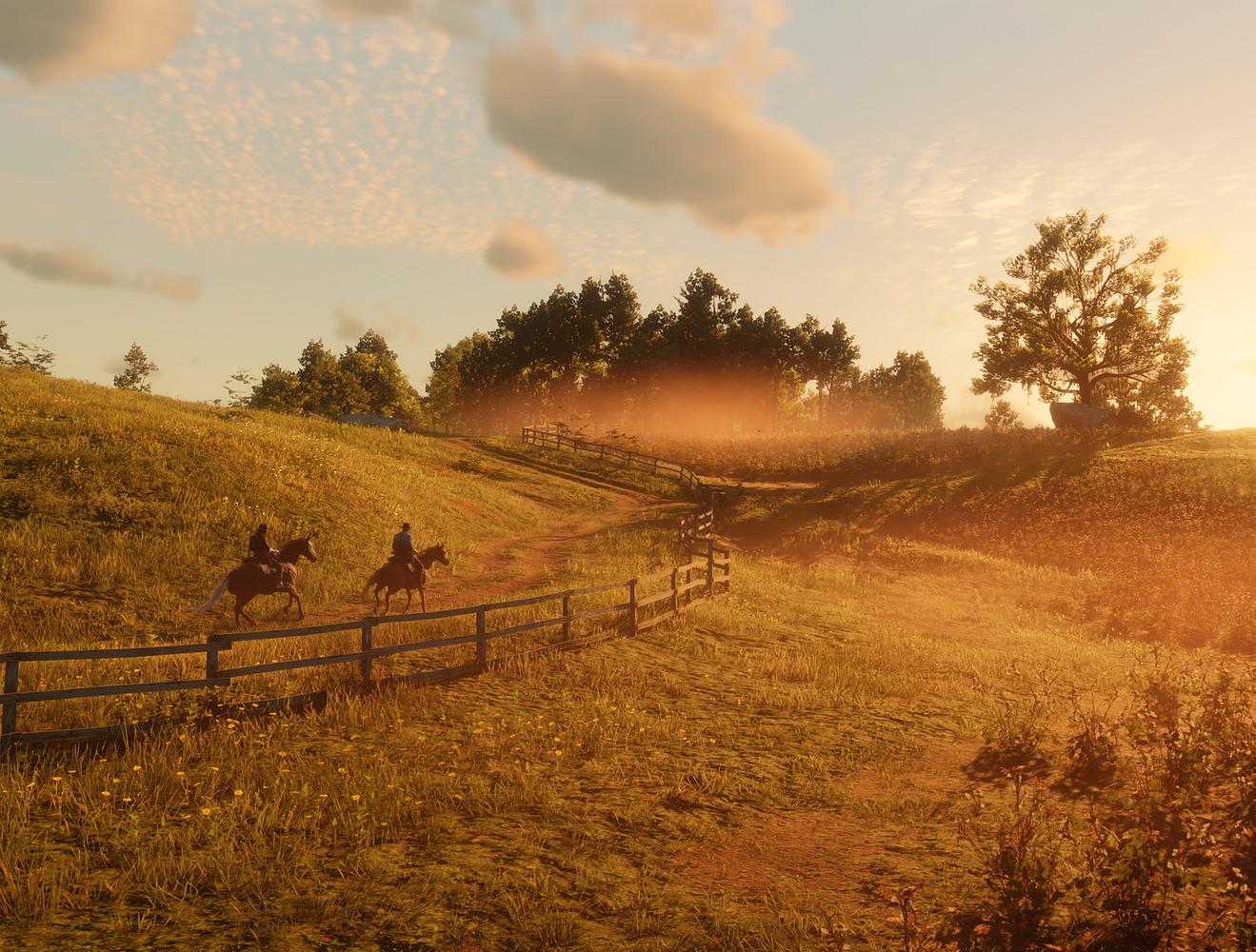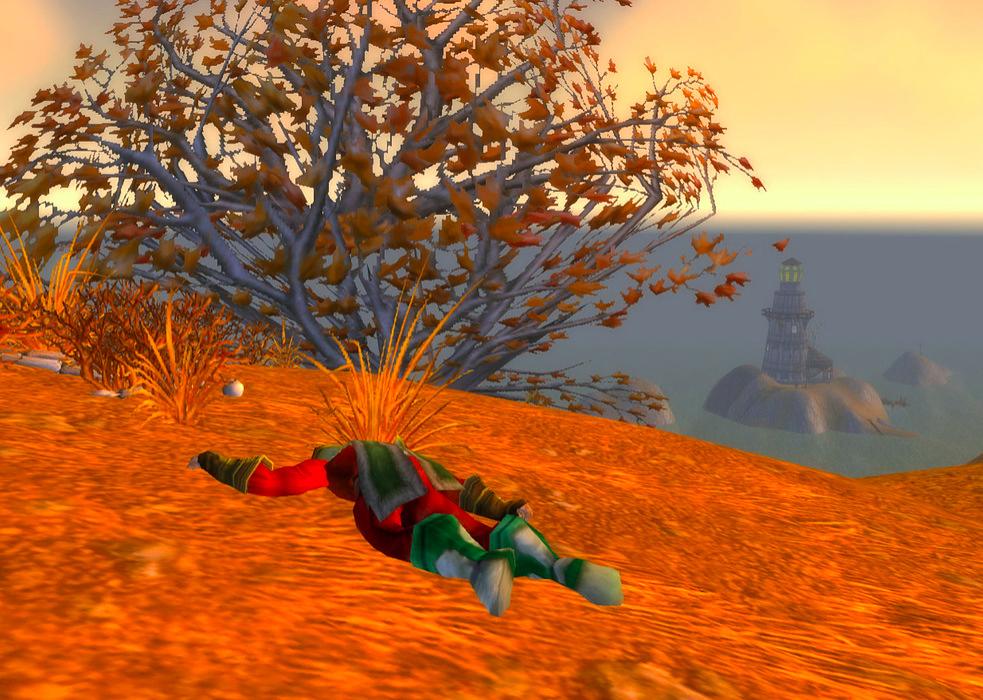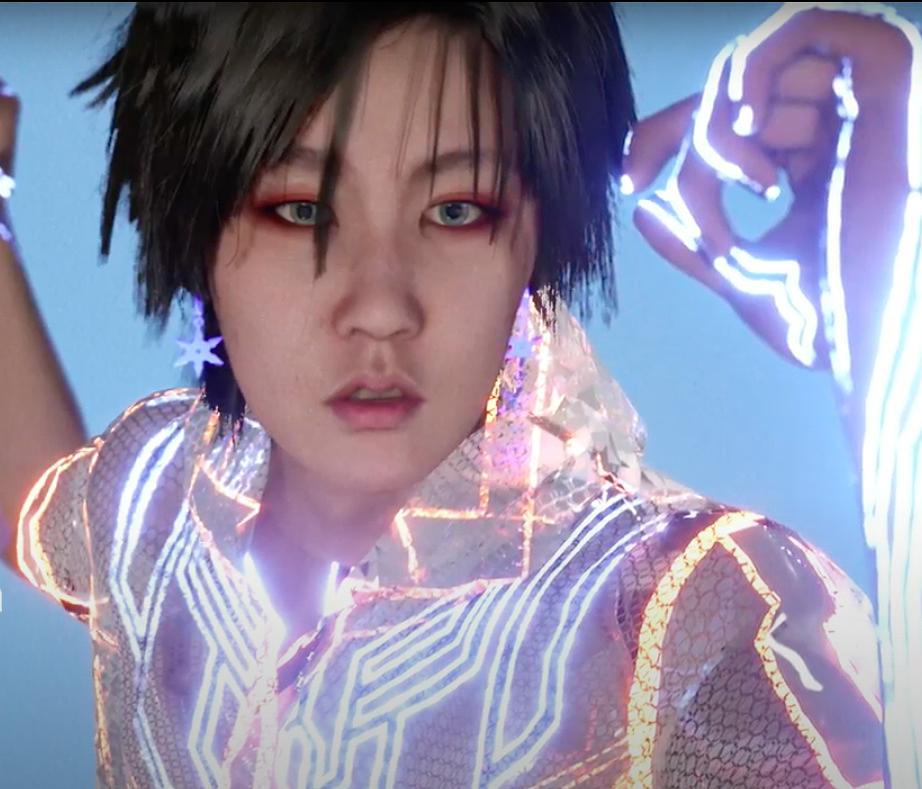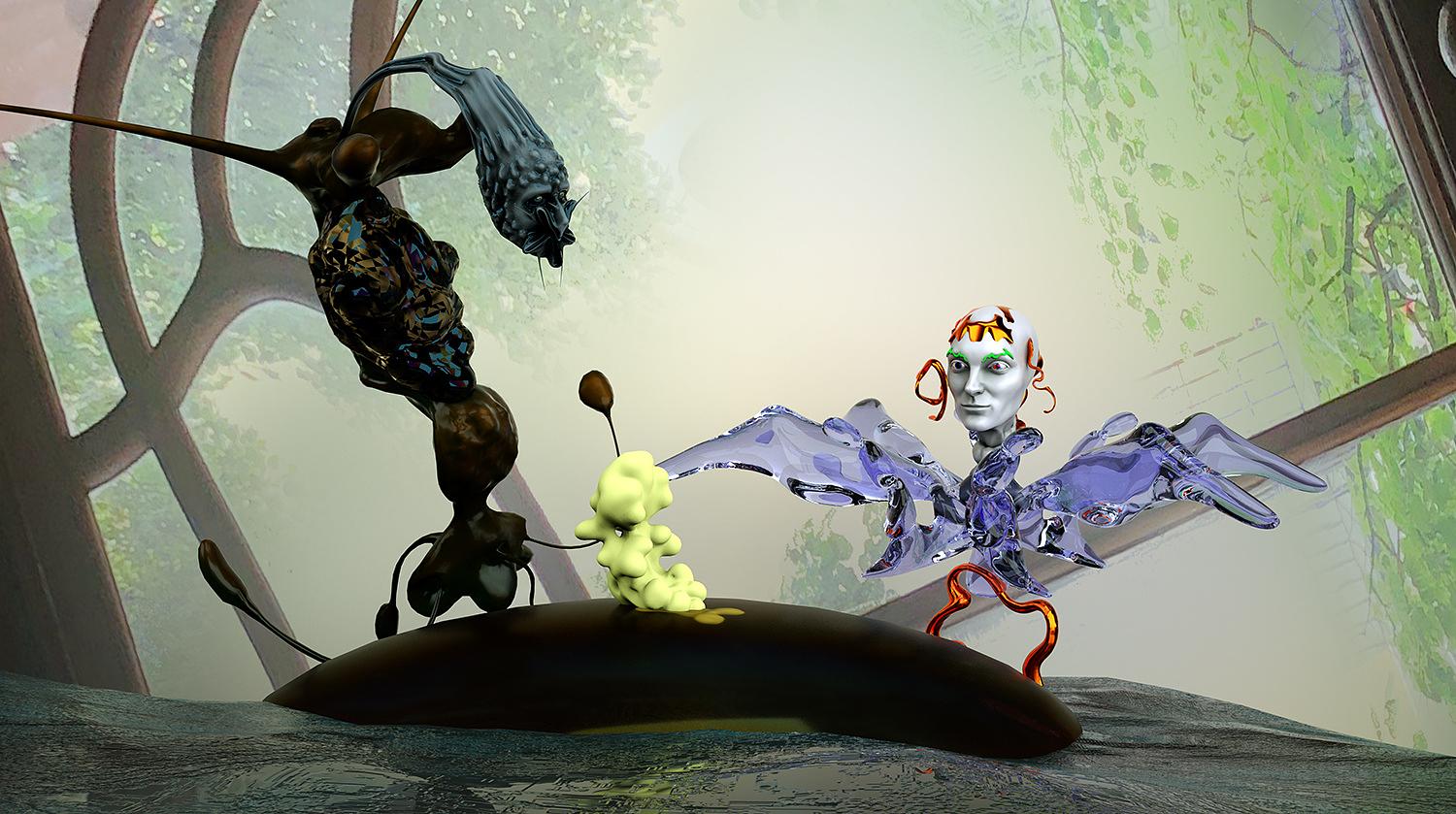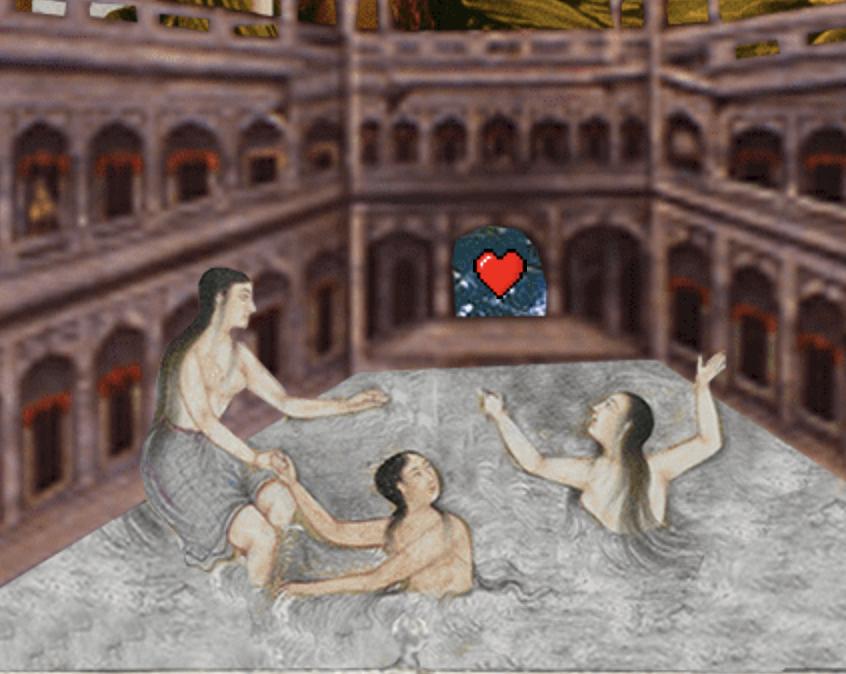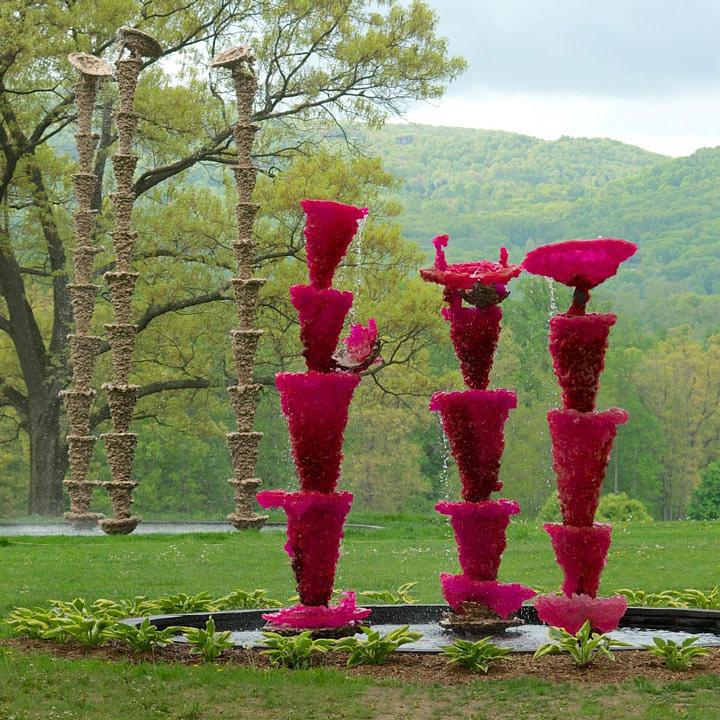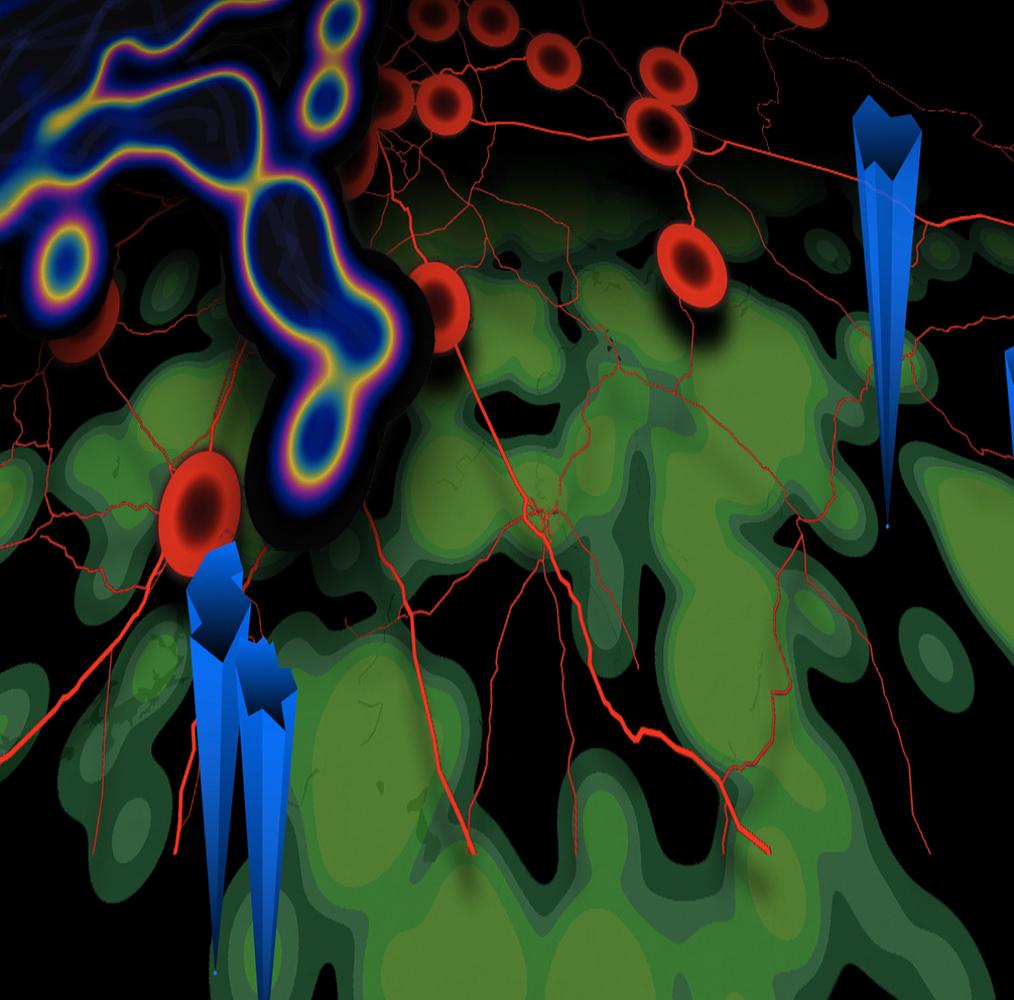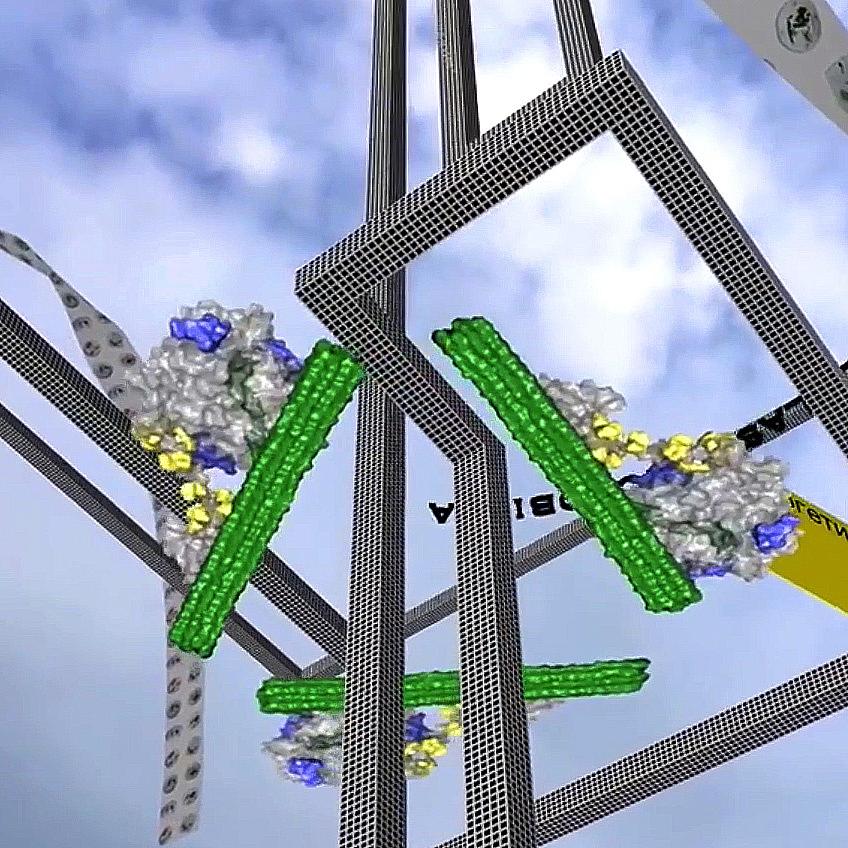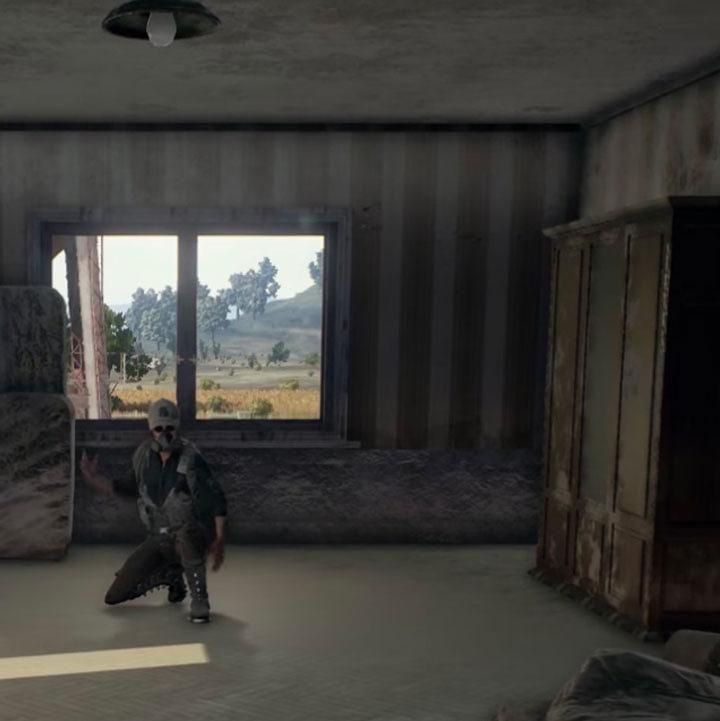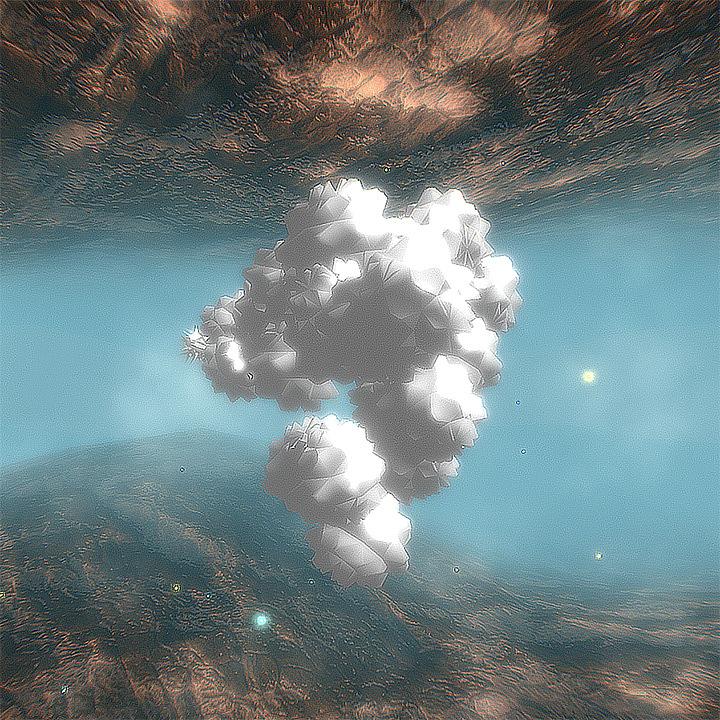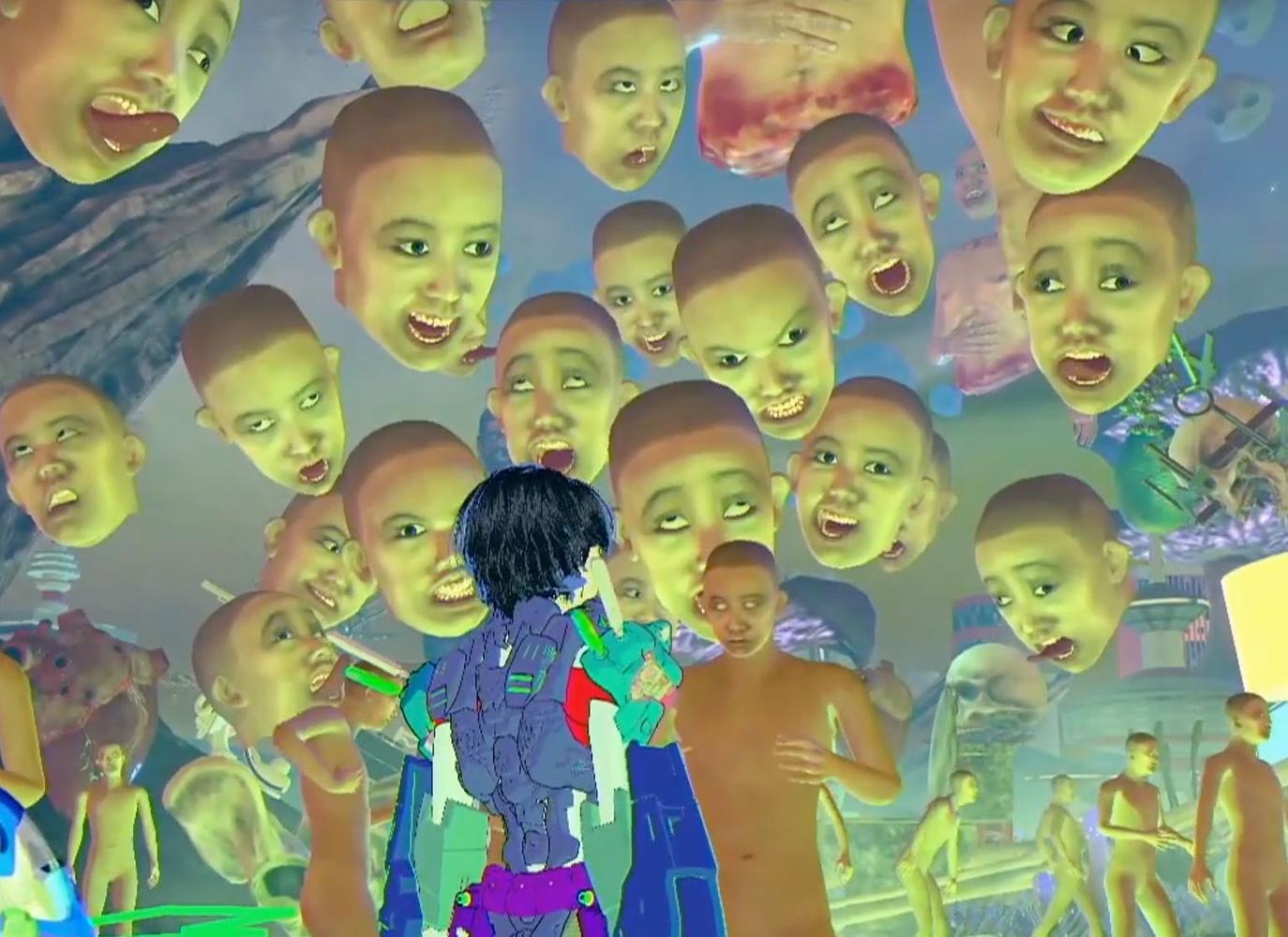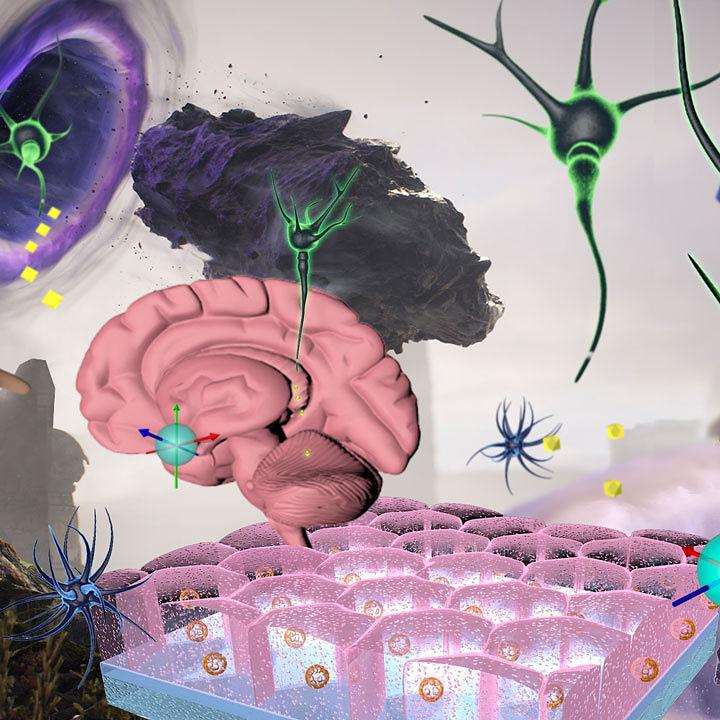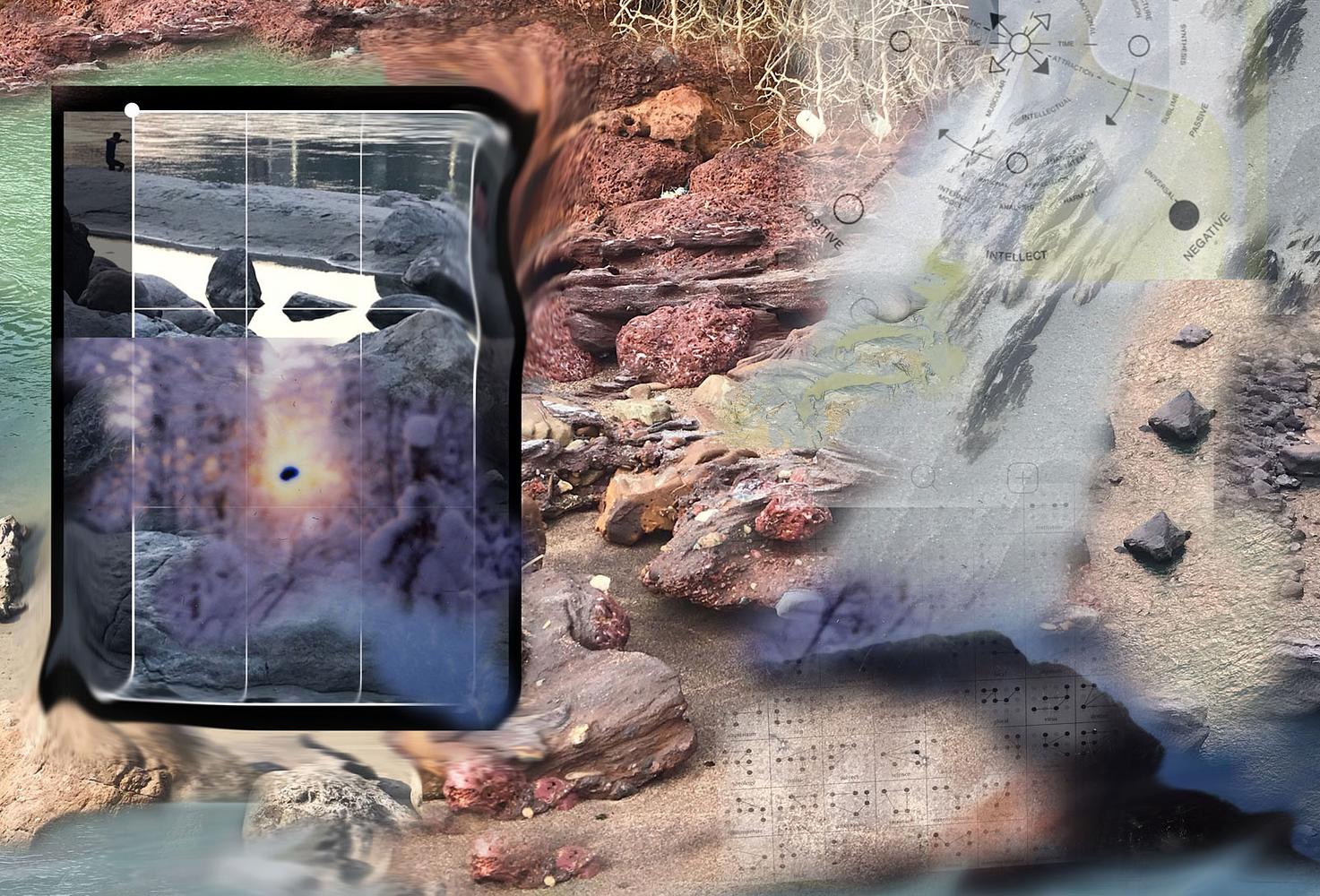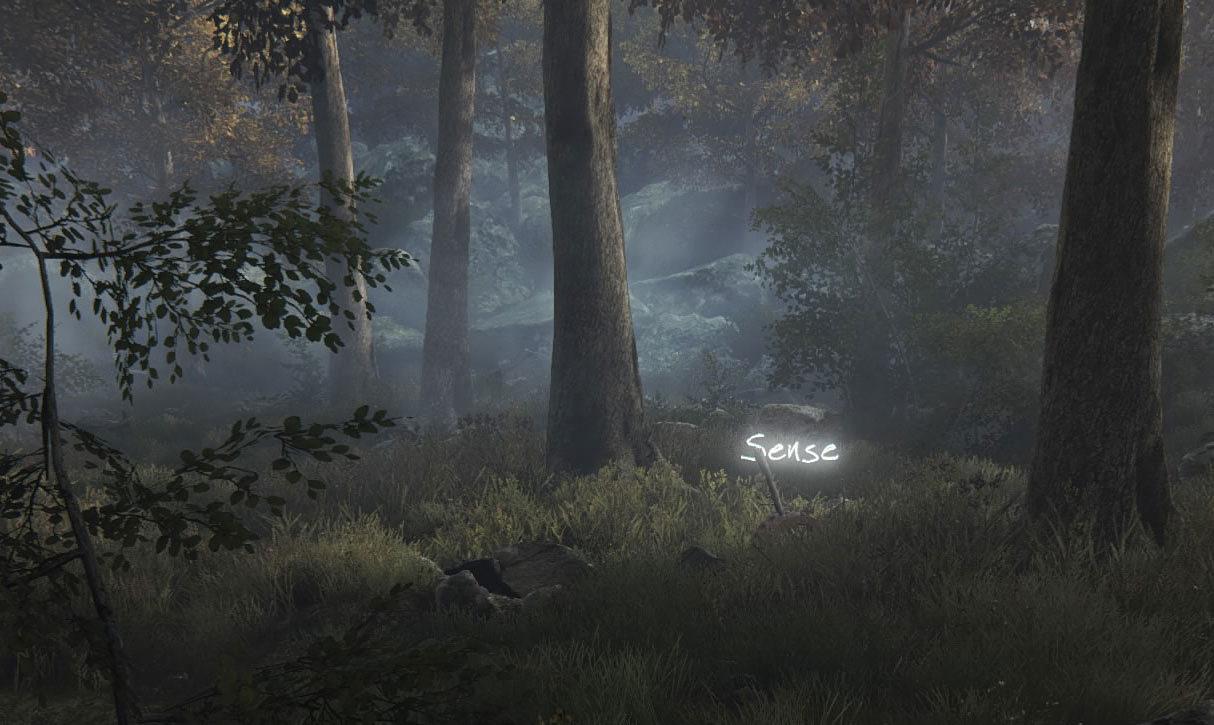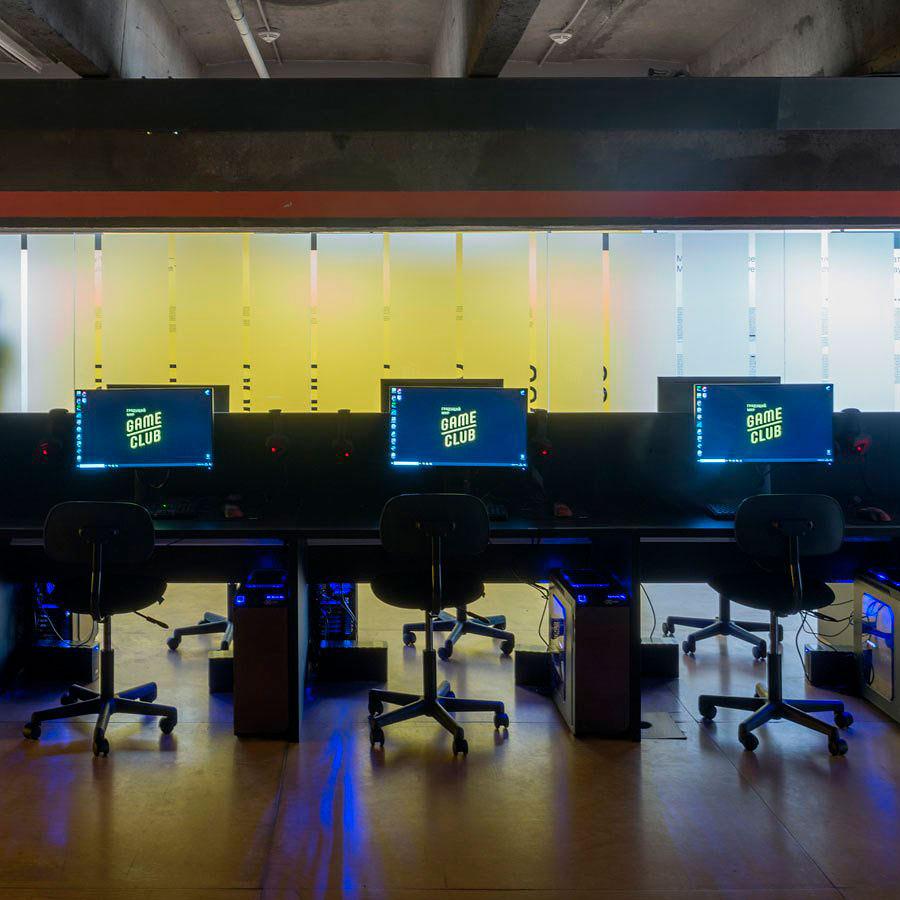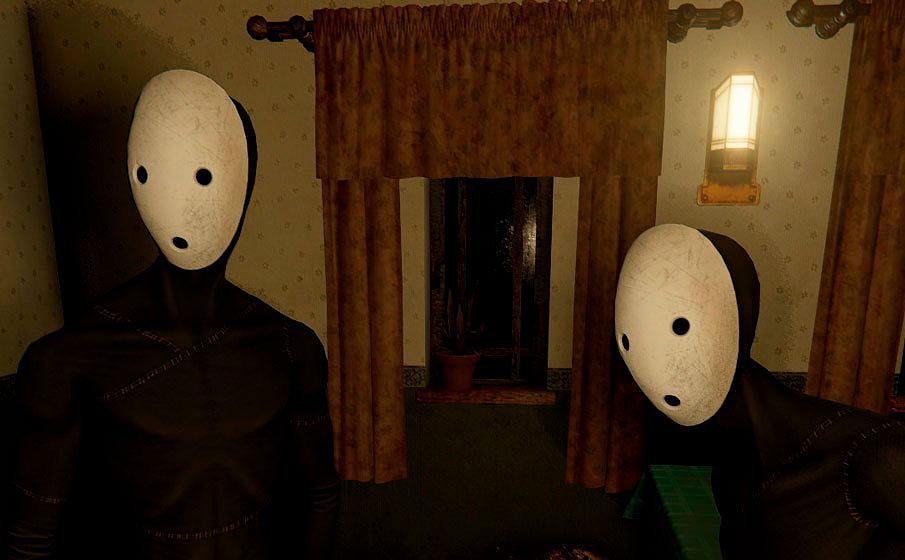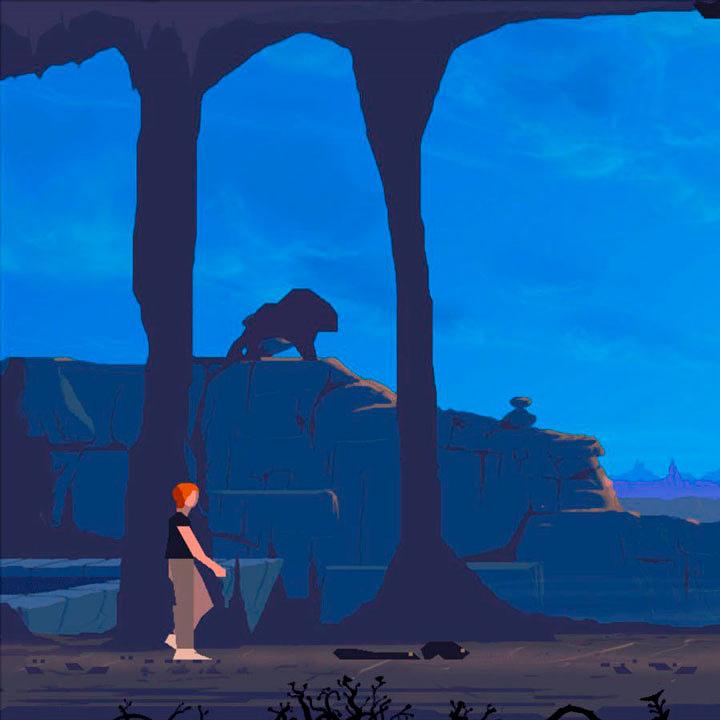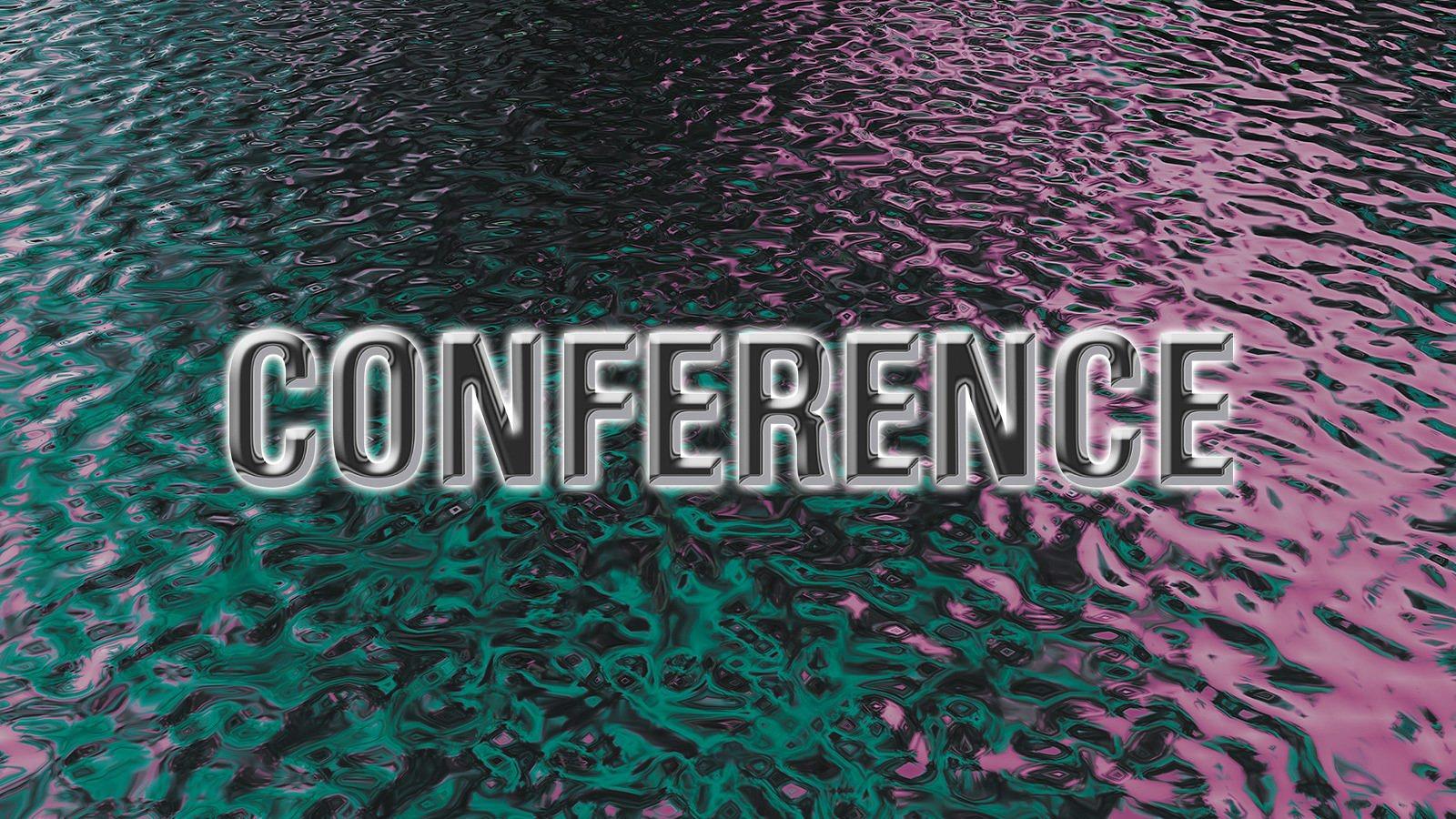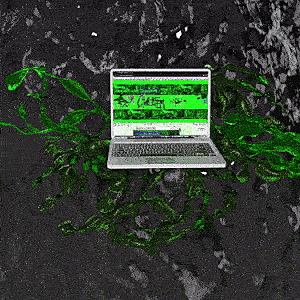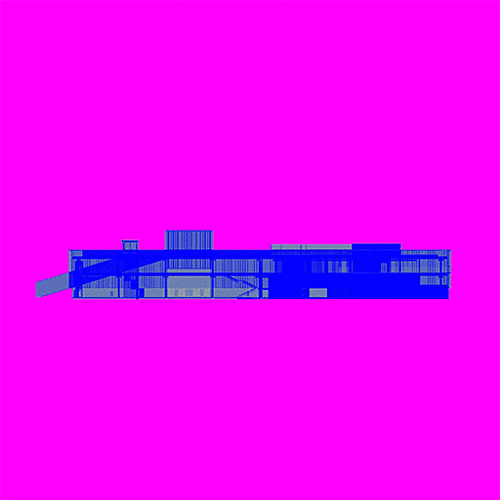
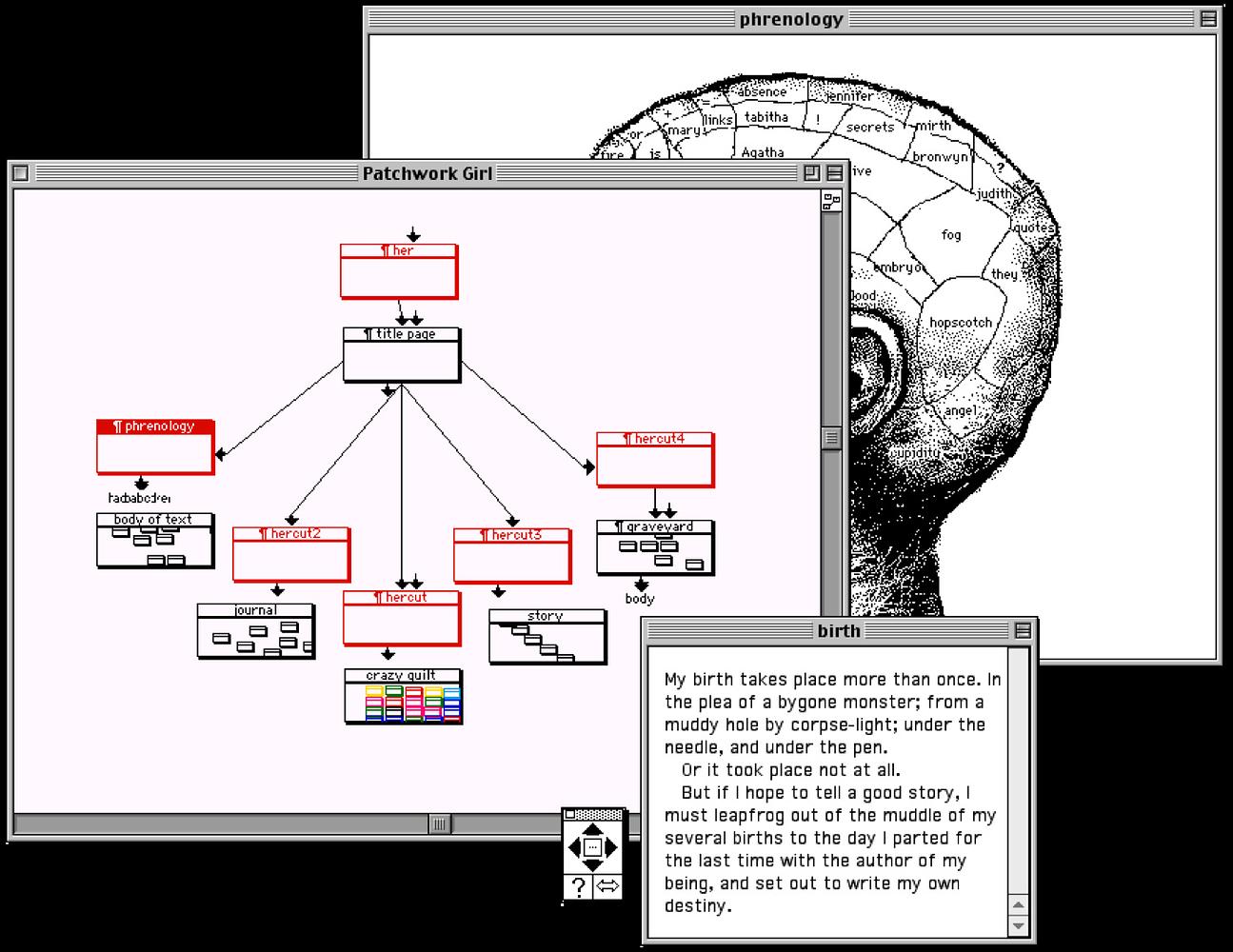
In this series of workshops about digital literature, multimedia artist Ivan Netkachev will explore the emancipation of reading, or the liberation of the process of reading from the diktat of the author and conservative literary discourses.
Participants will get to know the history of digital literature and the theory that highlights its critical potential. During the workshops they will learn to work with interactive literature, kinetic poetry, and poetry that is automatically transformed into sound.
Cybertext, or the Emancipation of Classical Russian Literature
During the lecture part of the workshop, the artist will talk about hypertext literature and its connection to feminist literature. The presence of links removes the author’s control over the process of reading. The way readers read the text depends on them. Readers have equal rights to writers and there are no “correct” or “incorrect” trajectories of reading. Interactive literature is an ideal place to hear the voices of subalterns who have previously been silenced by mainstream literary traditions.
During the practical part of the workshop, participants will learn to use one of the tools for working with hypertext, the online editor Twine. They will use it to deconstruct a number of texts from classical Russian literature, which, according to the philosopher Valery Podoroga, embodies the Russian imperial myth in its form. The artist will show that hypertext can sabotage established procedures for reading and writing, destroying the linearity of reading and the illusion of the passive presence of the reader in realistic prose.
The event will take place via Zoom.
Free admission with advance registration.
Poetry in Motion: Living Through Time
The lecture part of the workshop comprises a short introduction to the history of kinetic visual poetry, or poetry in motion: from subtitles in silent movies to the poetic film experiments of the 1970s. On the one hand, visual poetry suggests that the visual image has priority, something that is deliberately disembodied, objectified, and places the viewer in a privileged position. On the other hand, video suggests duration, and in this sense text in motion does not cancel time like printed text but relates to the subjective time of the viewer. In this sense, kinetic poetry is closer to the body than ordinary text and can suggest new trajectories for the critique of the imperial.
During the practical part of the workshop, participants will create a kinetic poem from scratch using p5js, a popular environment for creative coding. No programming skills are required. Together with the artist, participants will try to deconstruct the Russian literary canon and add visual and temporal dimensions to text, roughly speaking crossing Tolstoy’s novel with Stephane Mallarmé’s “A Throw of the Dice.”
The event will take place via Zoom.
Free admission with advance registration.
Poetry and Sound: From Linguistic Abstraction to the Body
The lecture part of the workshop will cover contemporary research into sound as the most bodily (and therefore the most critically loaded) medium: from Afrofuturism to Steve Goodman’s “sonic warfare.” One cannot avoid sound or look at it from a point of privilege; it can only be lived through, and with the entire body. Accordingly, translation of poetry into the medium of sound involves not only duration but also the bodily nature of experience, in which the listener has no privileges. Sound only gets to us when the vibration passes through our body.
During the practical part of the workshop, participants will learn to synthesize sound with the help of the p5js environment by using patterns found in the text. A program will be created to transform the syntactic structure of the text into an original score for an audio play and then perform it. The meaning of words is lost, but the structure of the text can still be felt by the body. This process (making meaningless and simultaneously bodily) will metaphorically highlight ideologies concealed in classical Russian literature. They can be hidden in the form and regime of writing.
The event will take place via Zoom.
Free admission with advance registration.
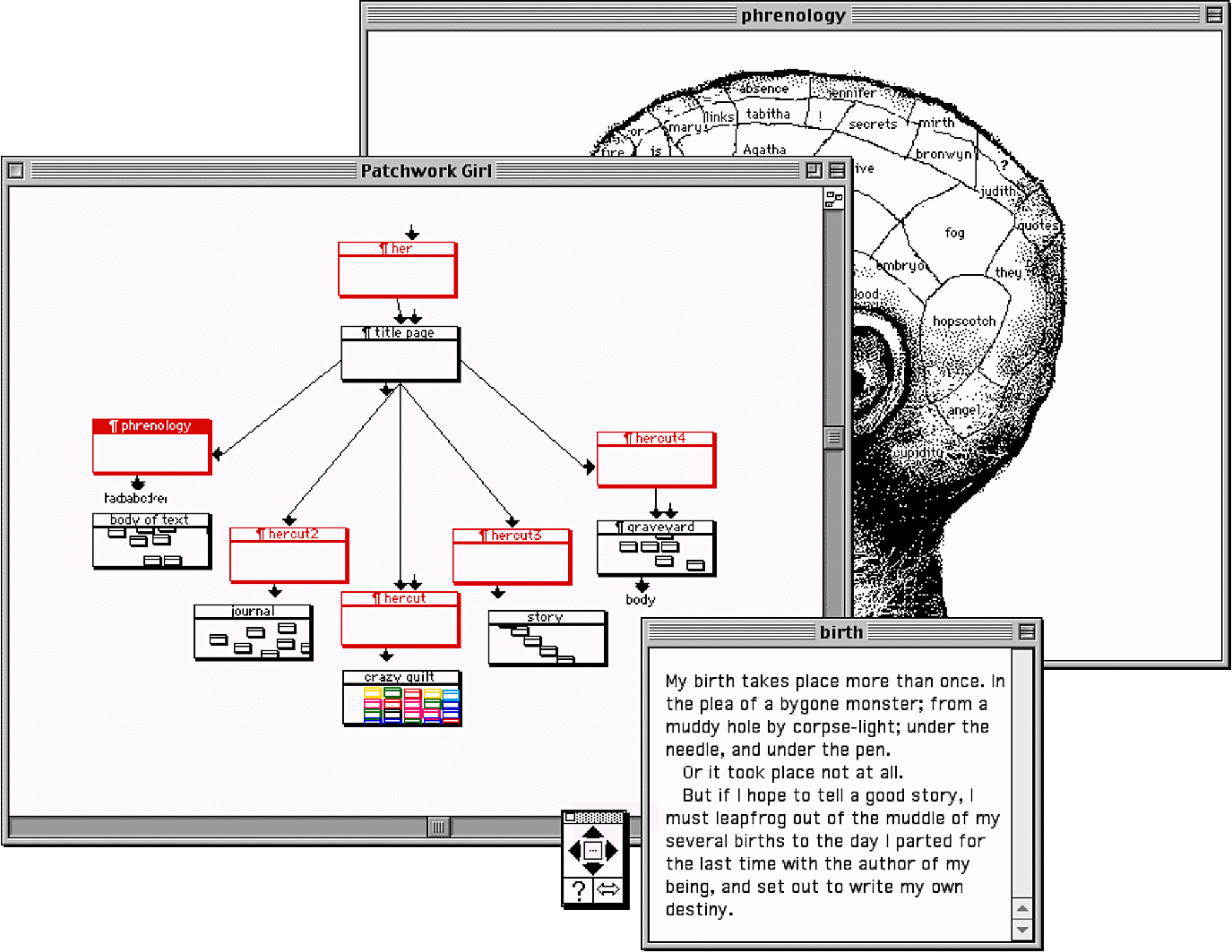
Wweatheroutside. Structure of the hypertext in Shelley Jackson's hypertext novel Patchwork Girl (1995), 2016
(b. 1998, Orenburg) is a multimedia artist, publicist, and writer. He has bachelor’s and master’s degrees in theoretical linguistics from the High School of Economics and is studying at Rodchenko Art School (Moscow). He works with the automatic generation of texts and images, video games, and video. He is a guest writer for the journal Nozh and author of the Telegram channel beyond meaning. He lives and works in Moscow.
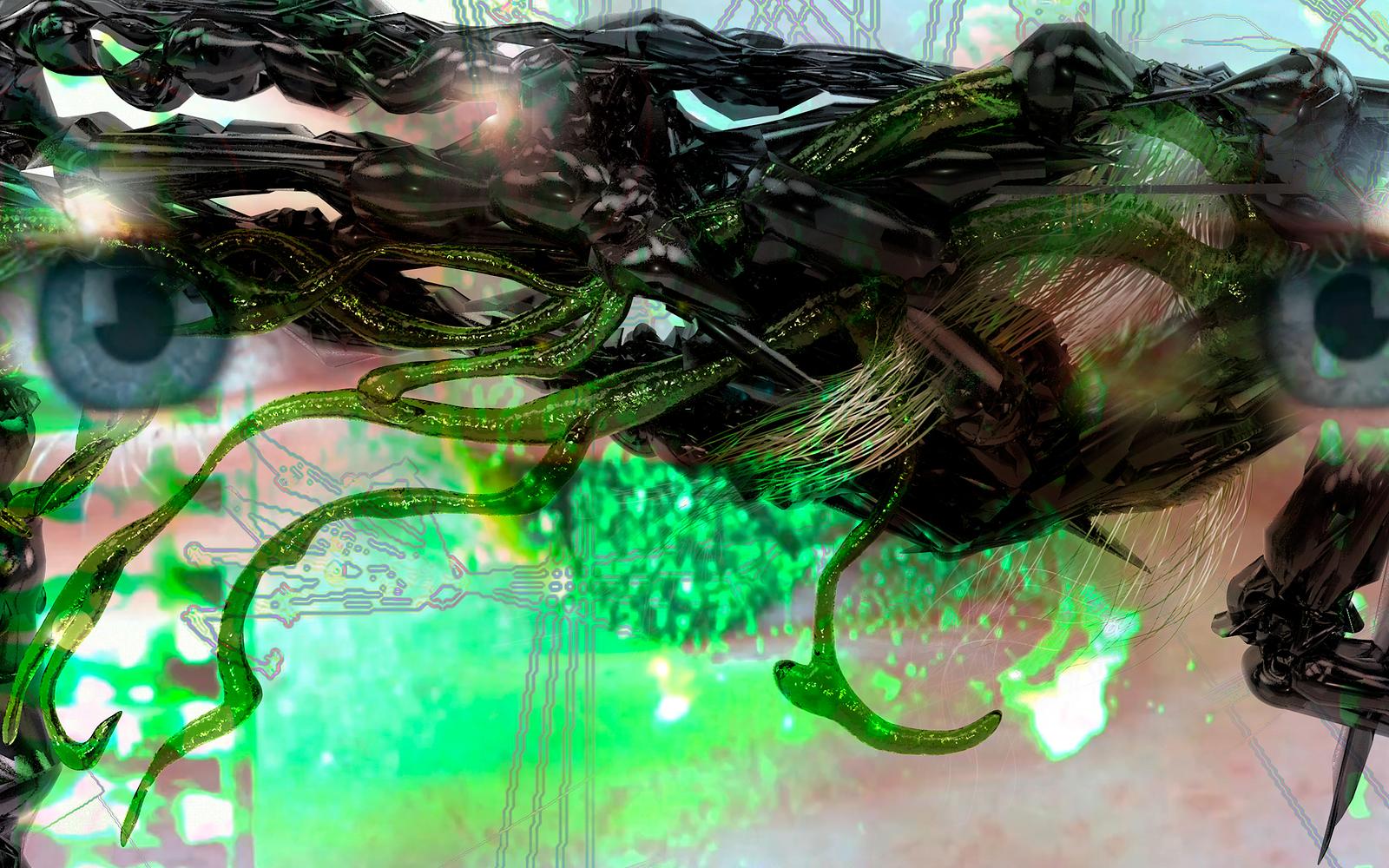
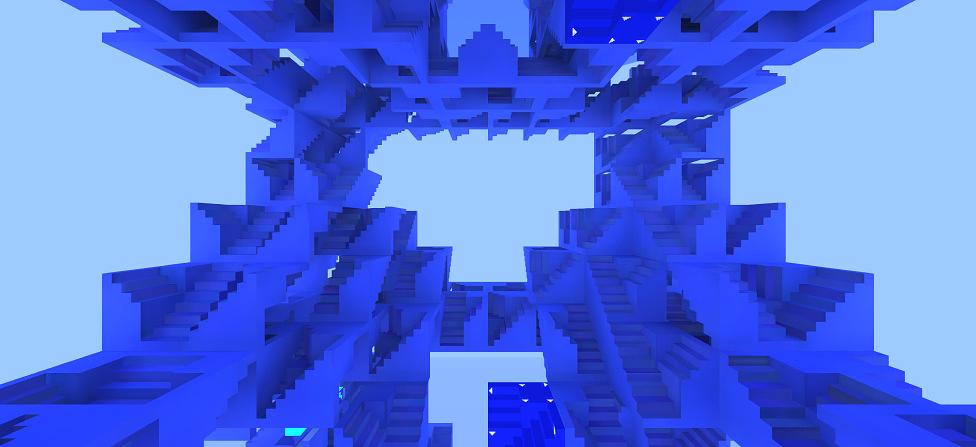
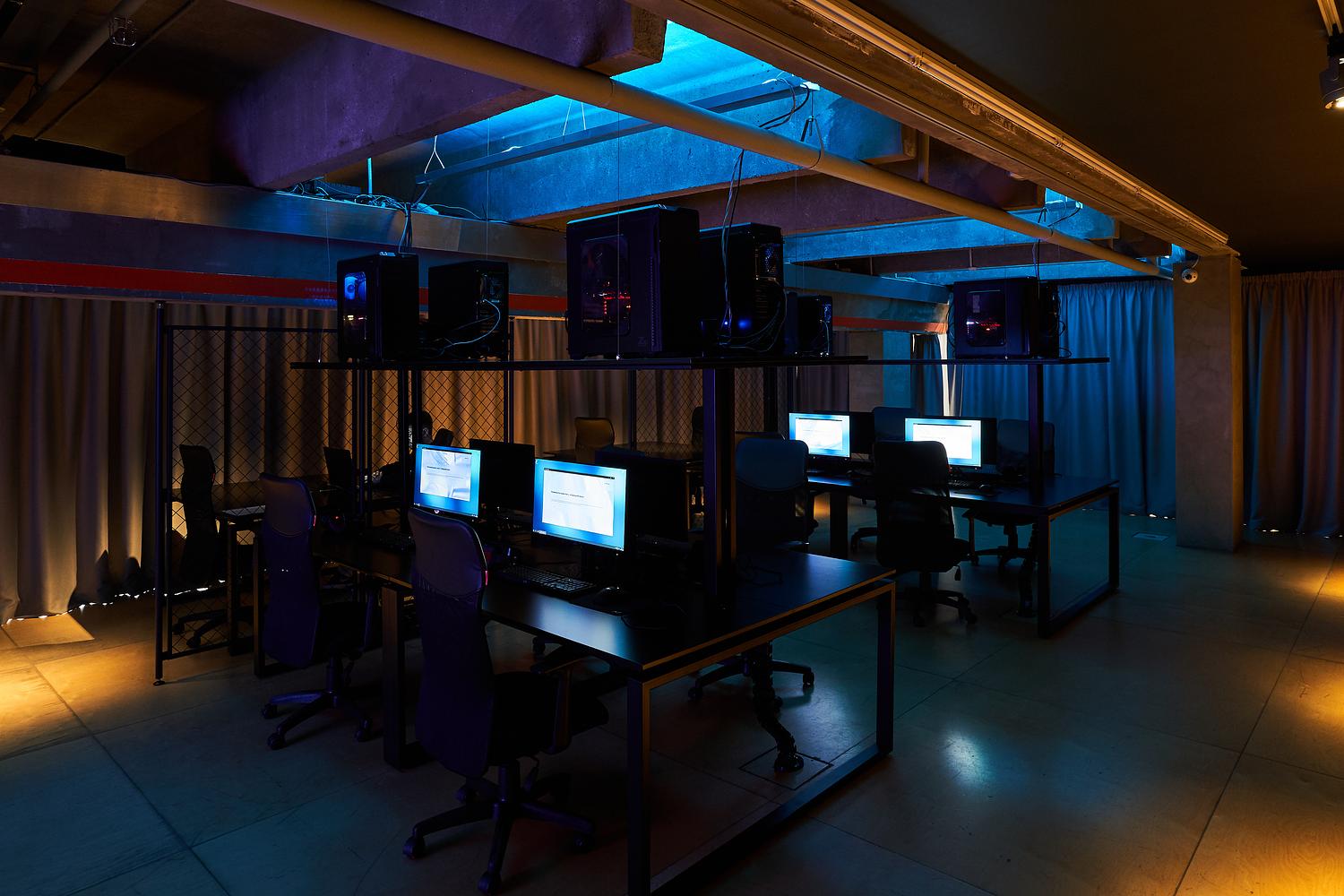

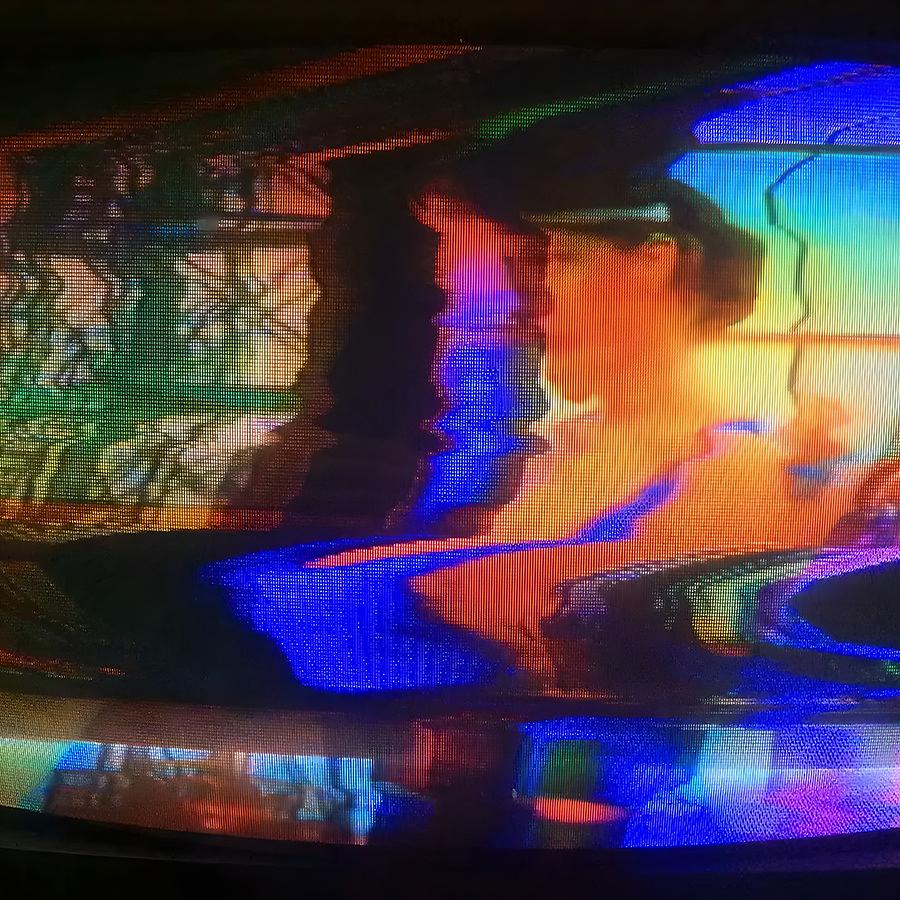

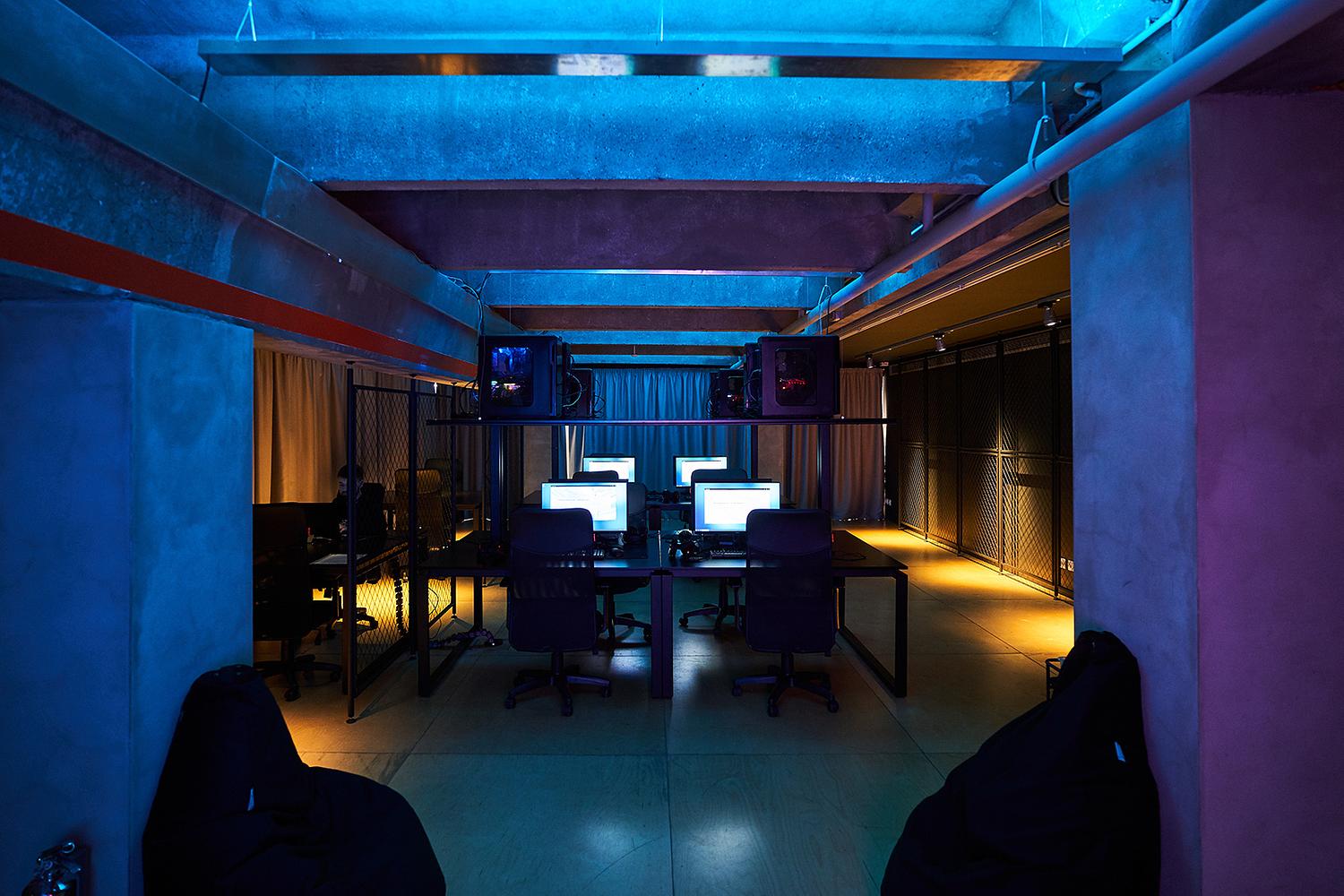
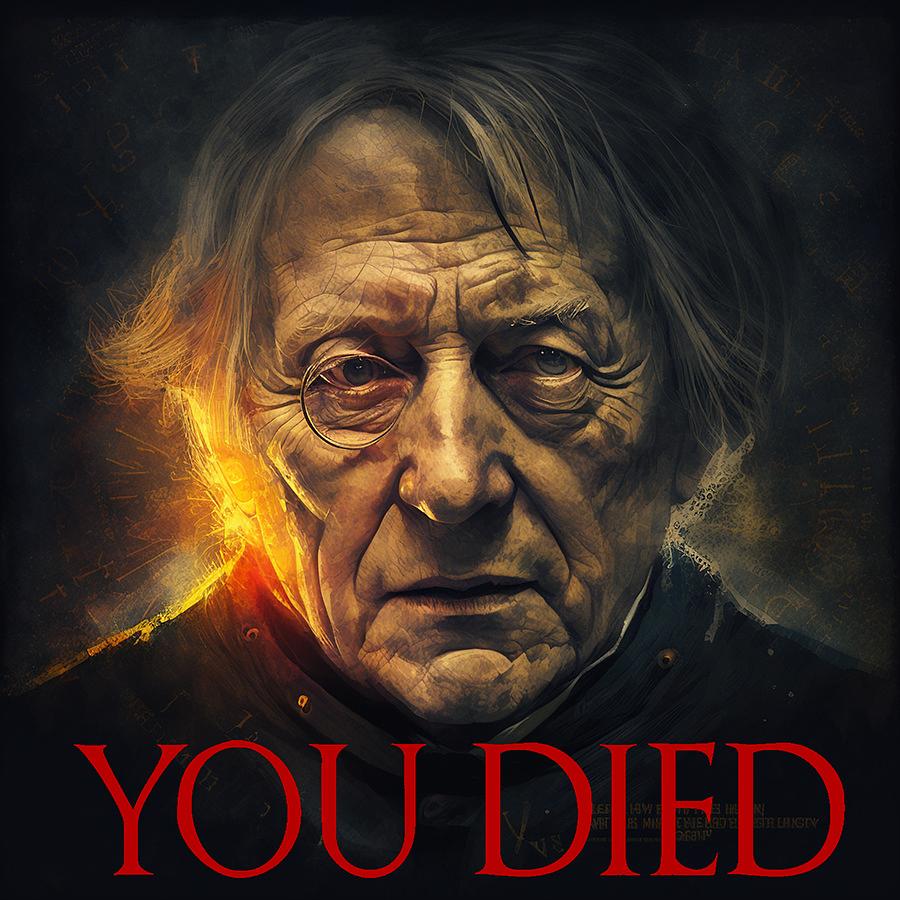
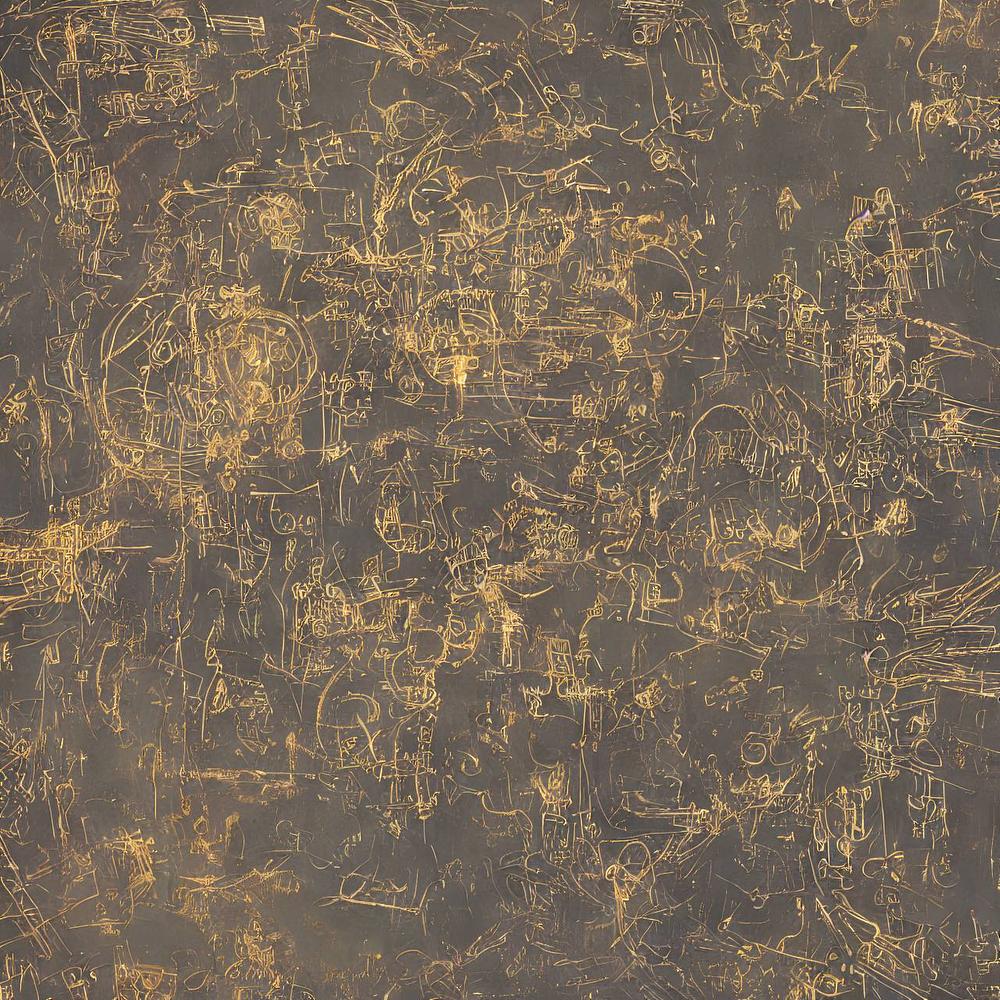
The main goal of the seminar is to transform gaming practice, which is casually believed to be a nonimportant recreational activity, into a training ground for the production of knowledge and social and cultural studies.
This event is part of the public program of the World Gone By computer class.
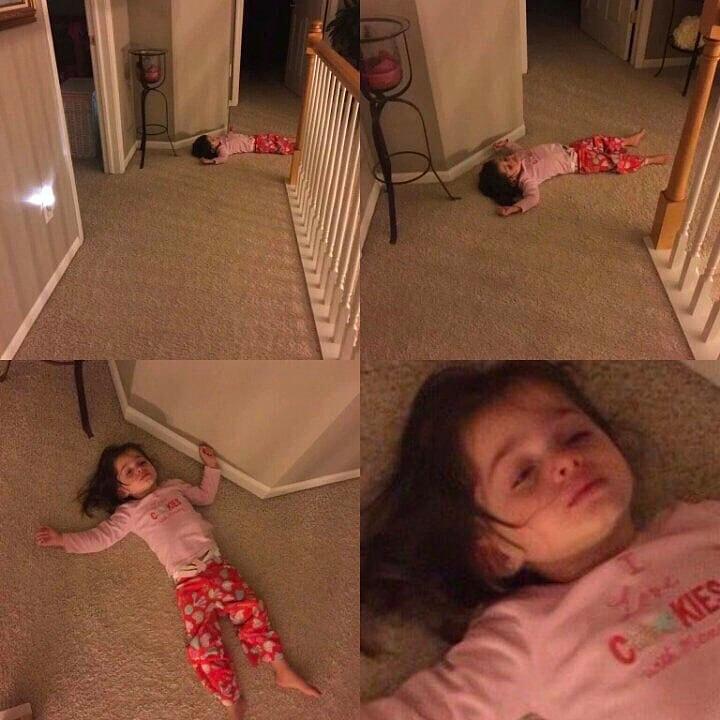
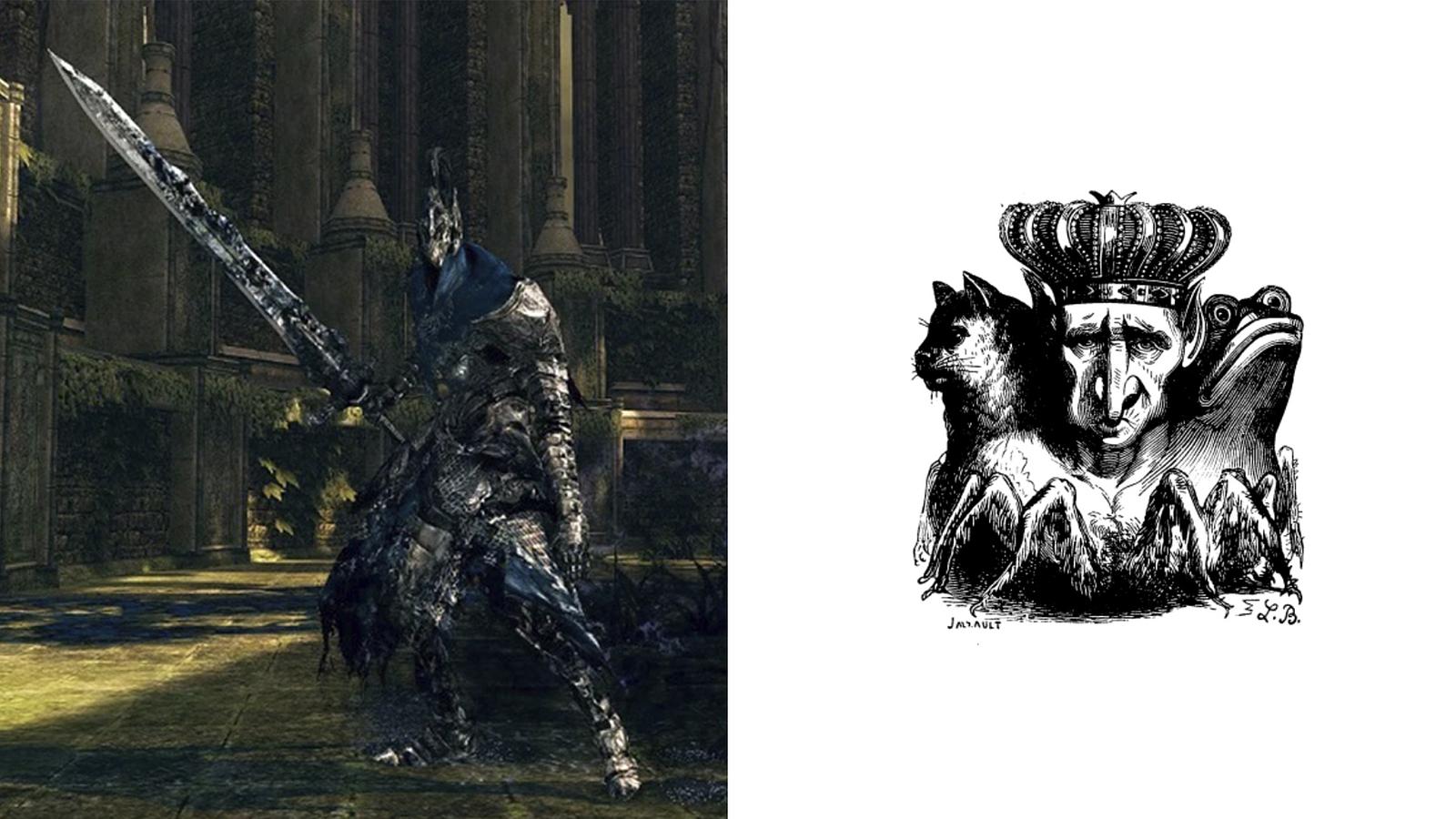
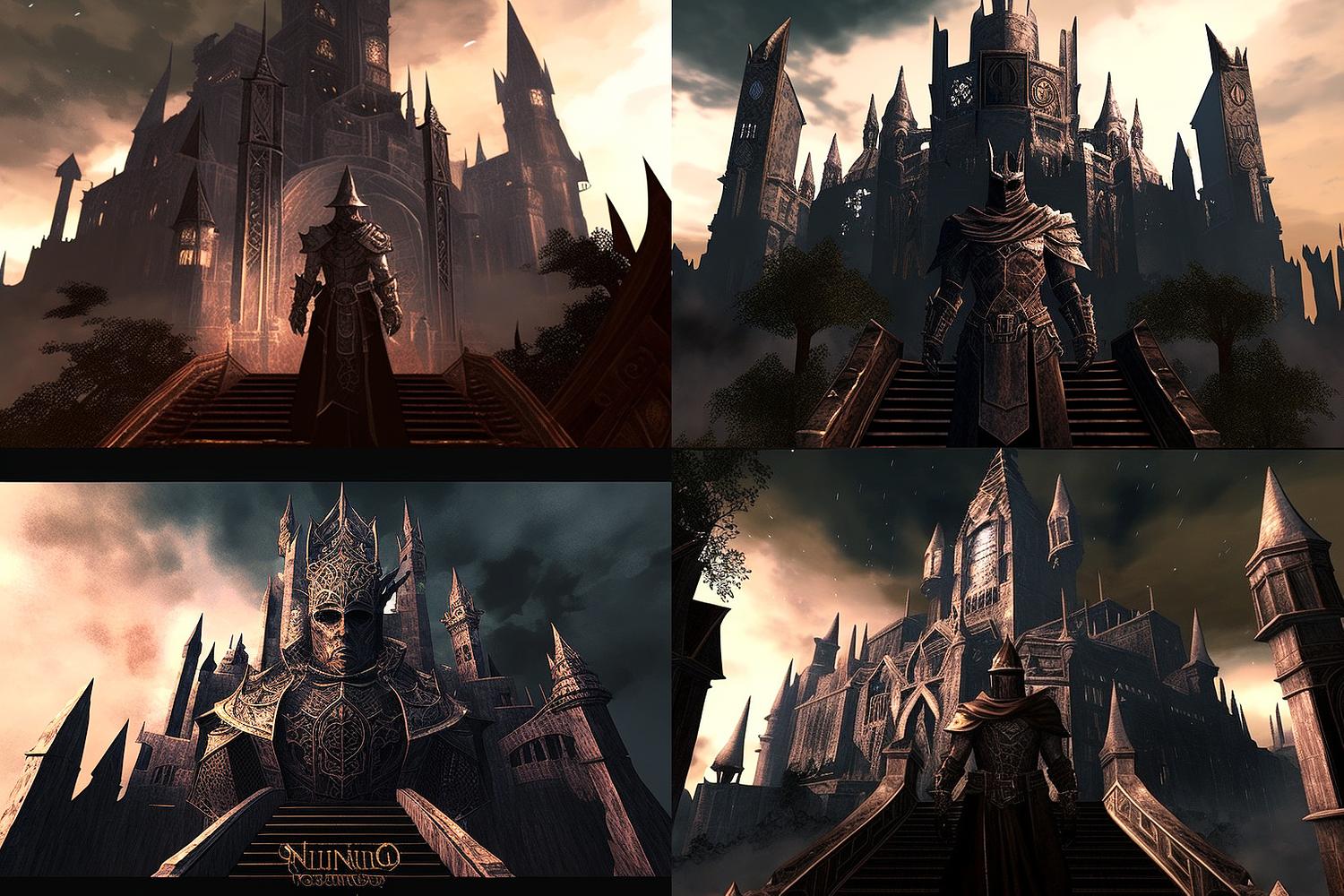
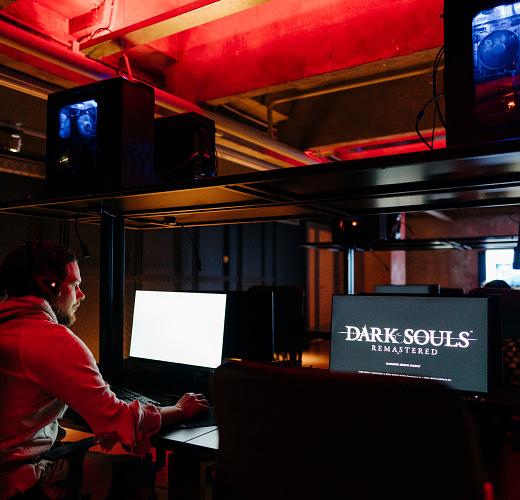
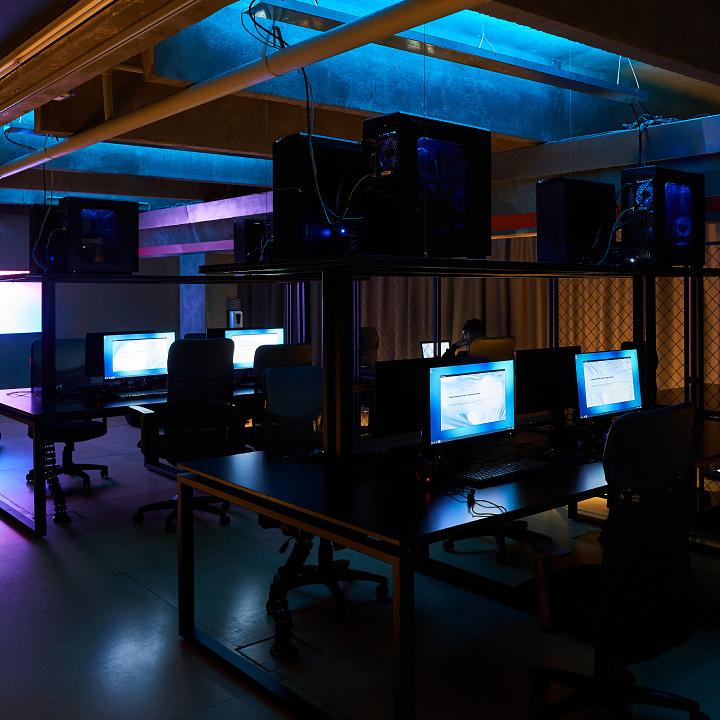

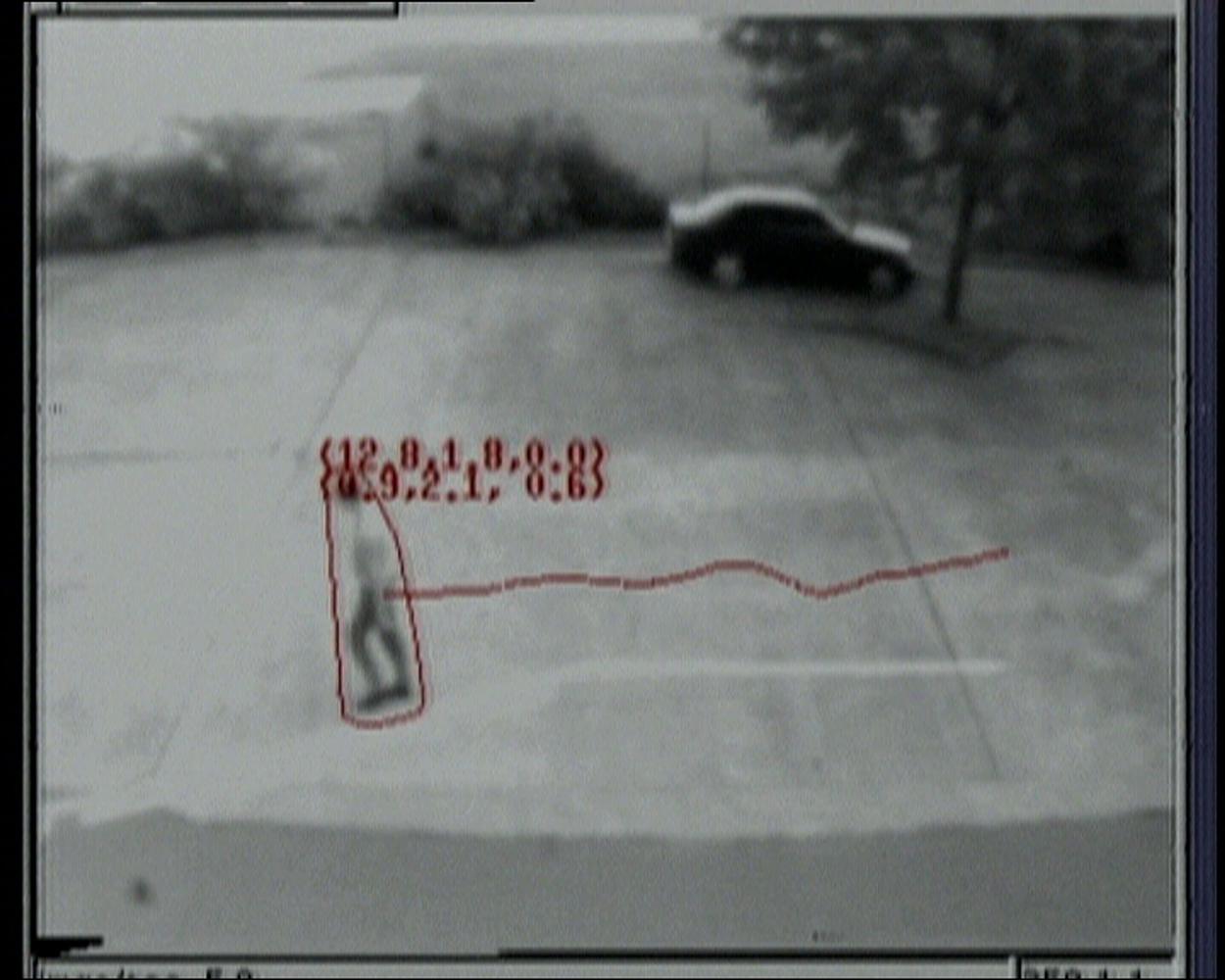
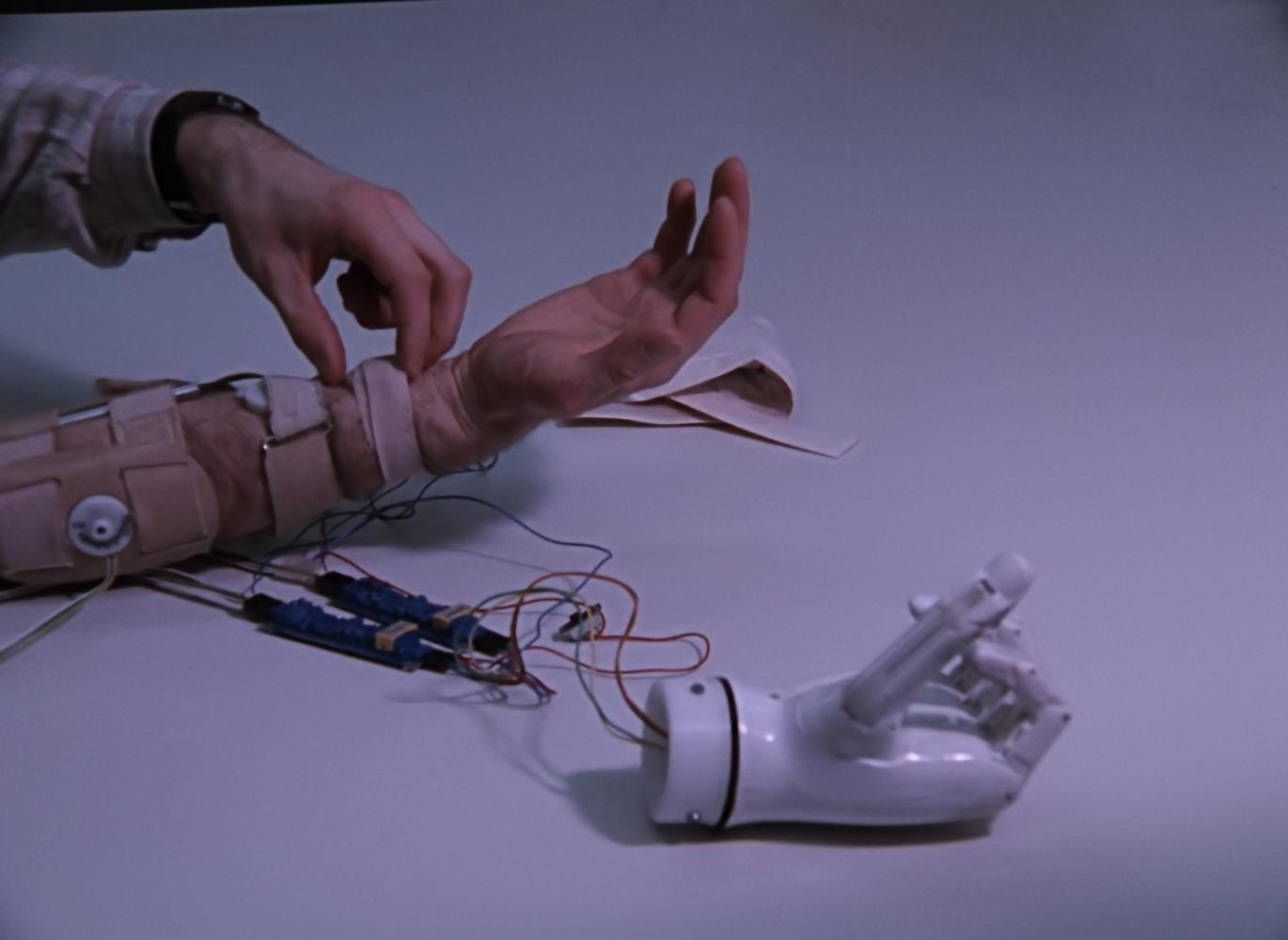
Garage Digital stopped working on this project.

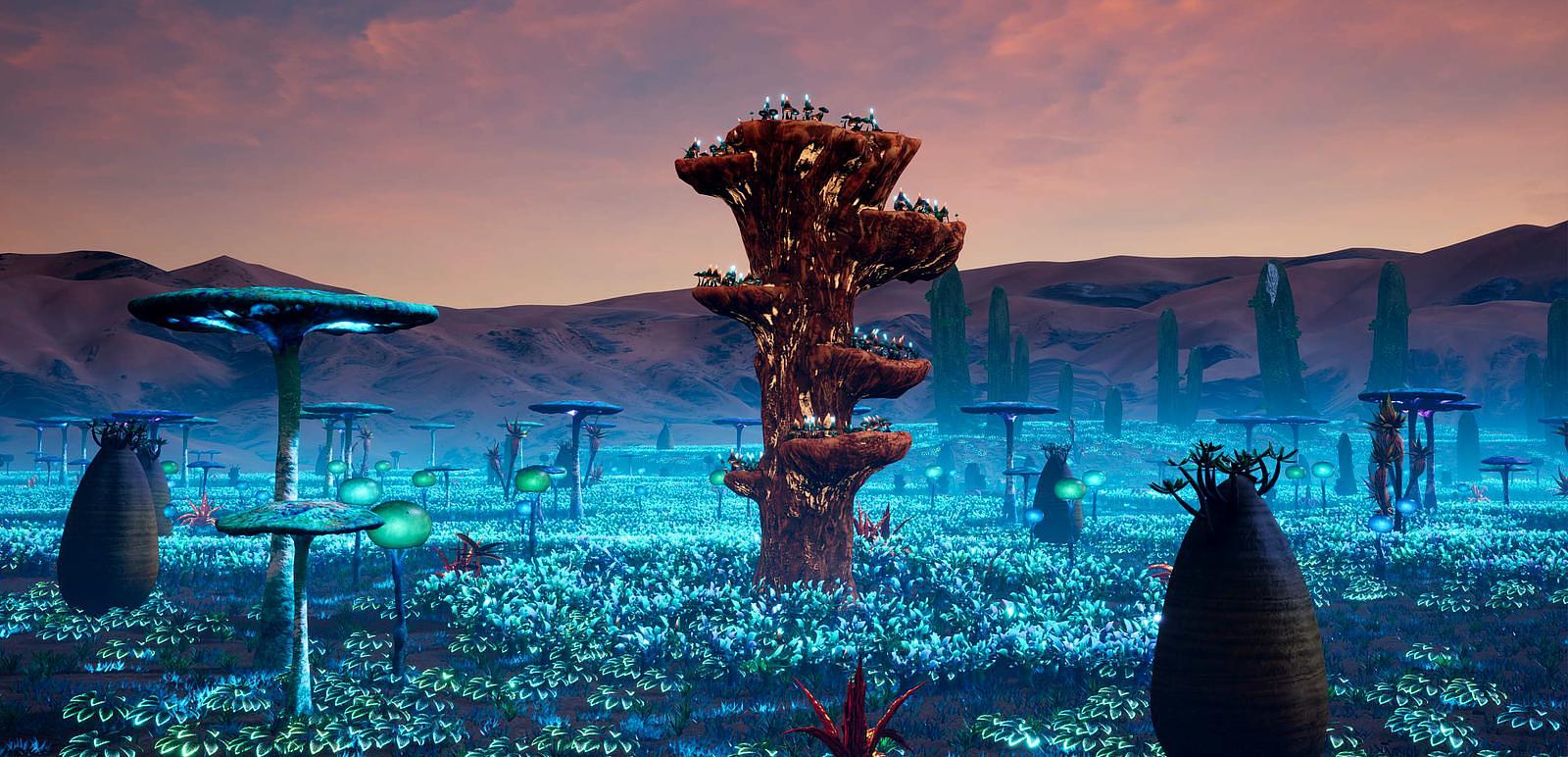
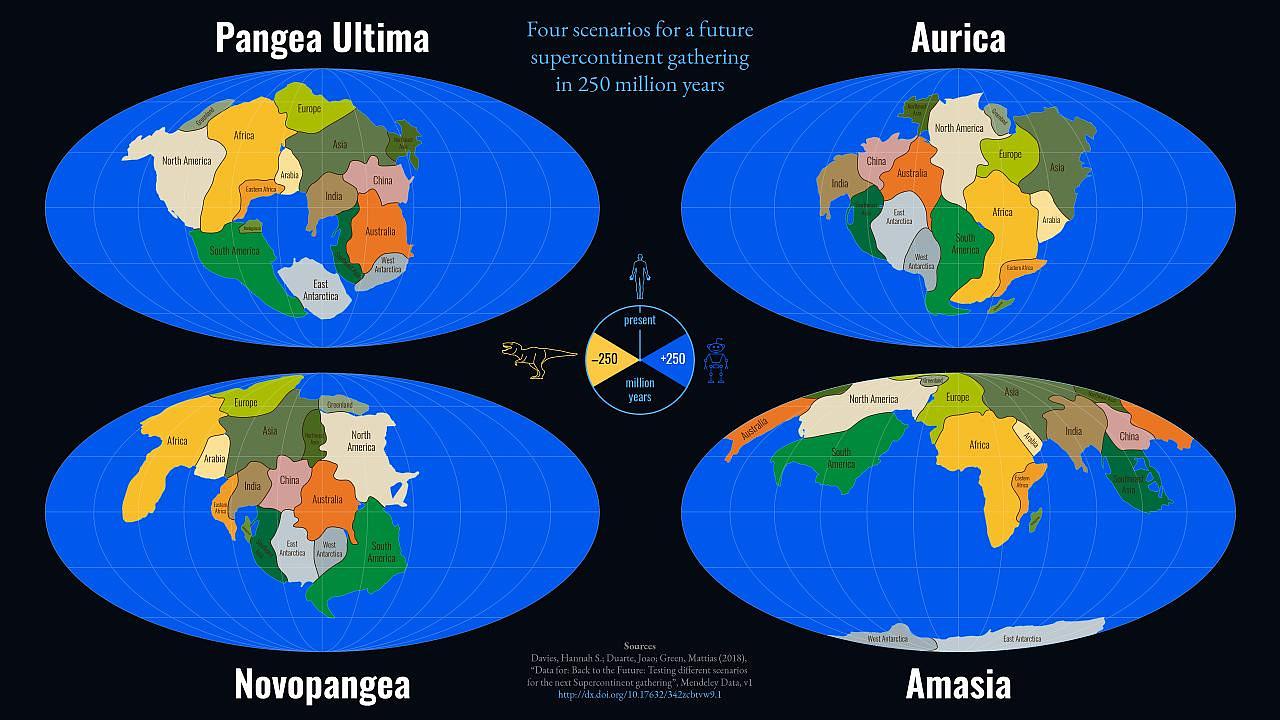
Performance Hydrogen City is the new site-specific performance by Digital Object Alliance invites visitors to experience the materiality of a speculative world of the future through the possible embodiment of videogame logics. The performance took place at Hyundai Motorstudio Moscow as part of the joint program by Garage Digital and the online platform Rhizome for the international exhibition World on a Wire.
